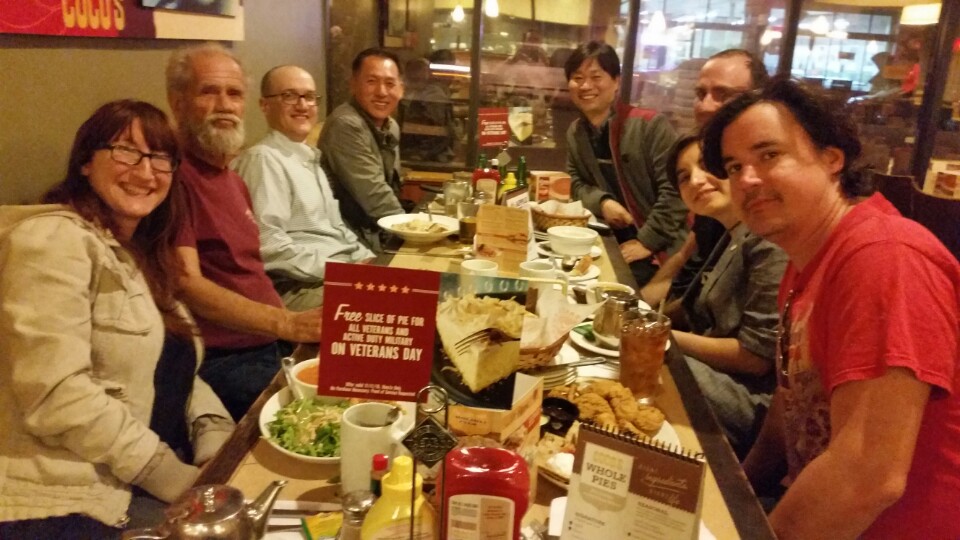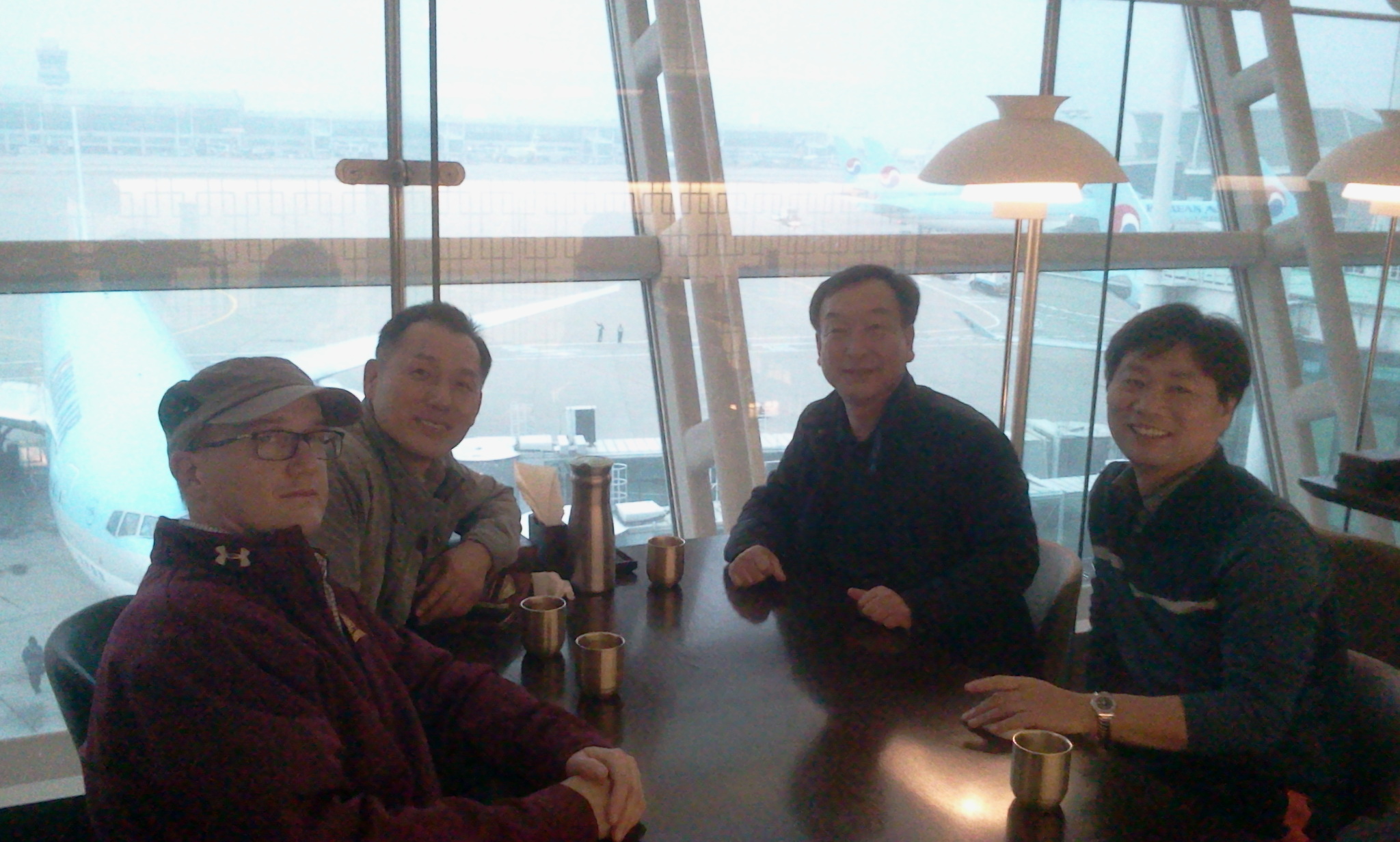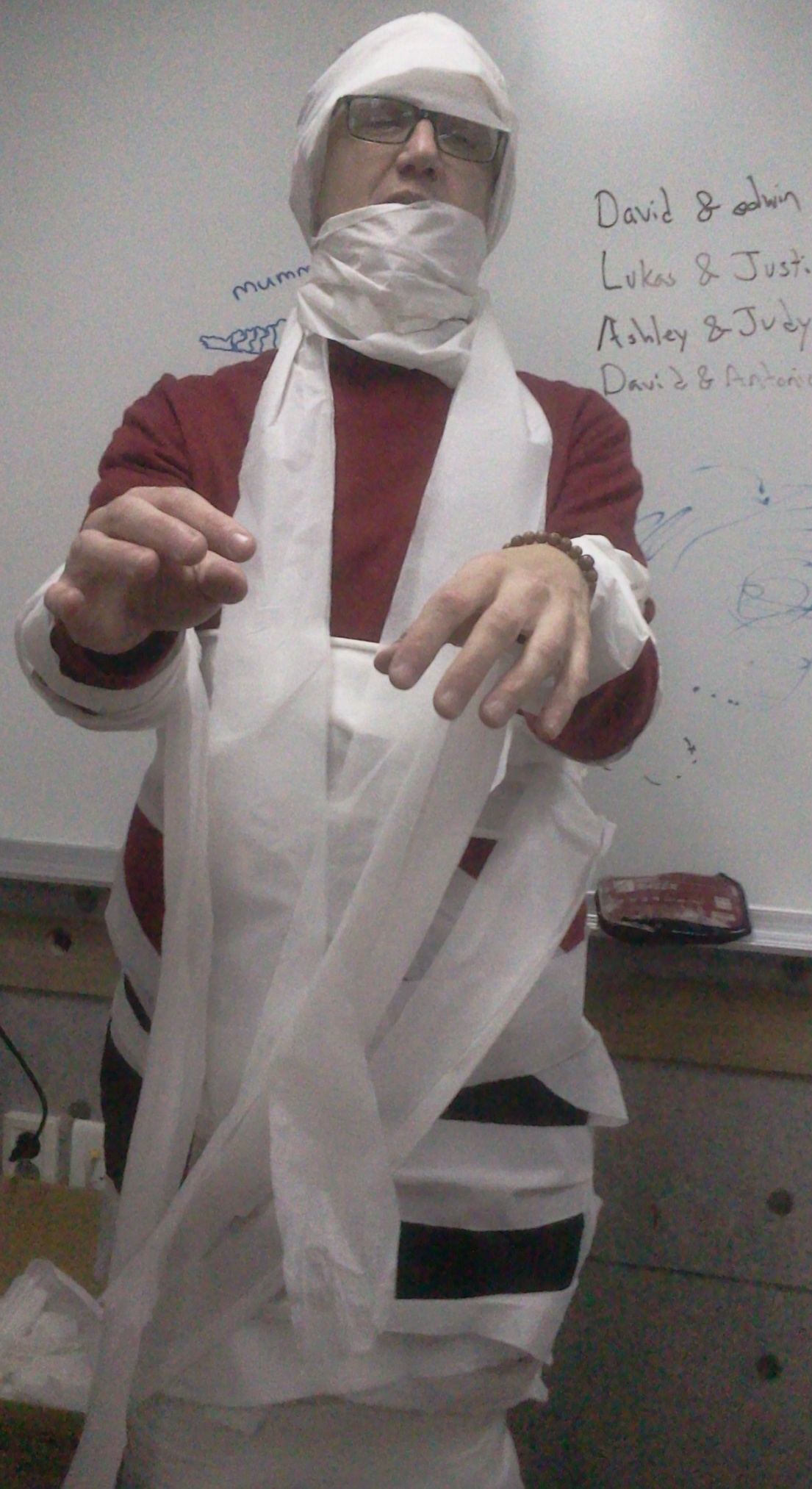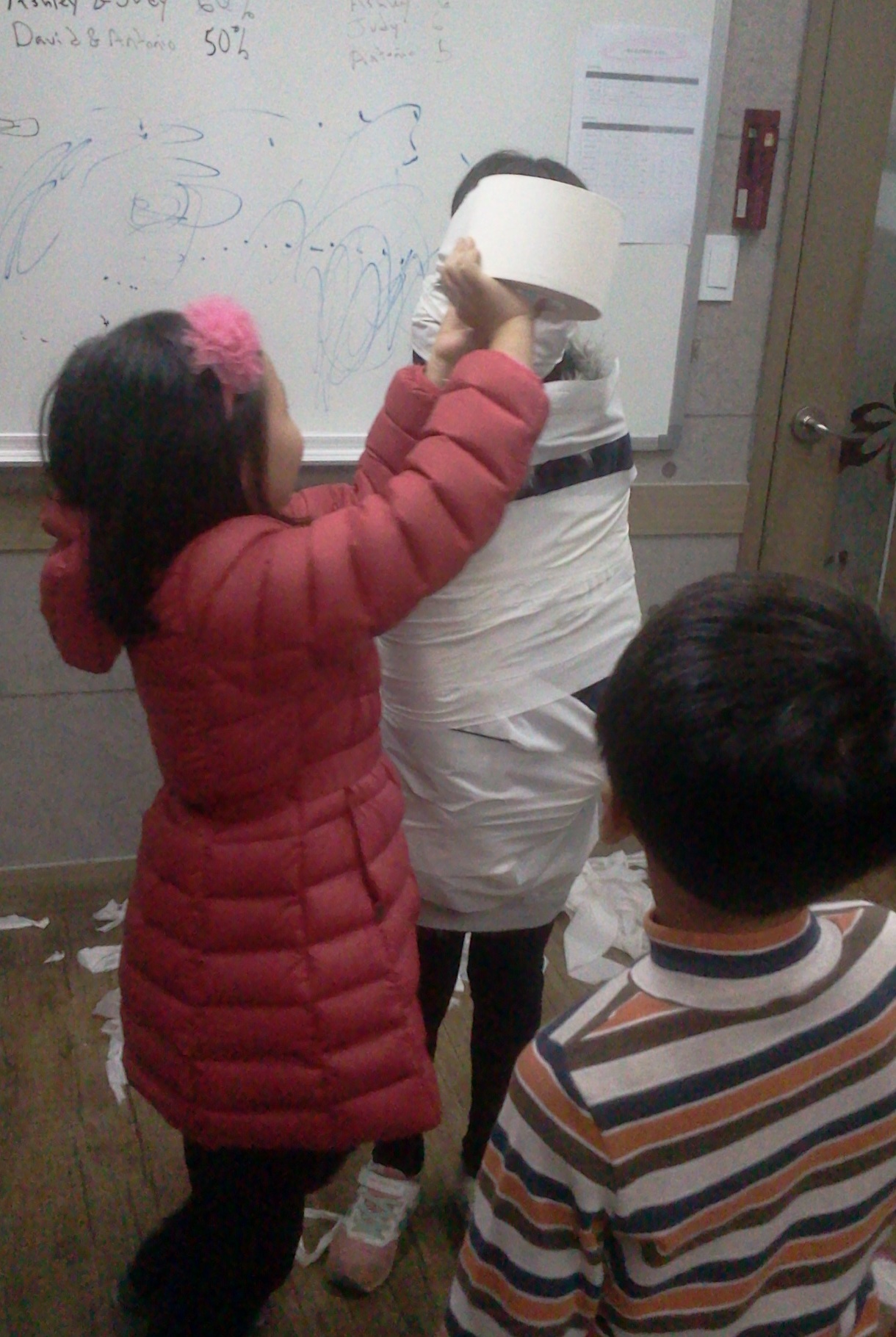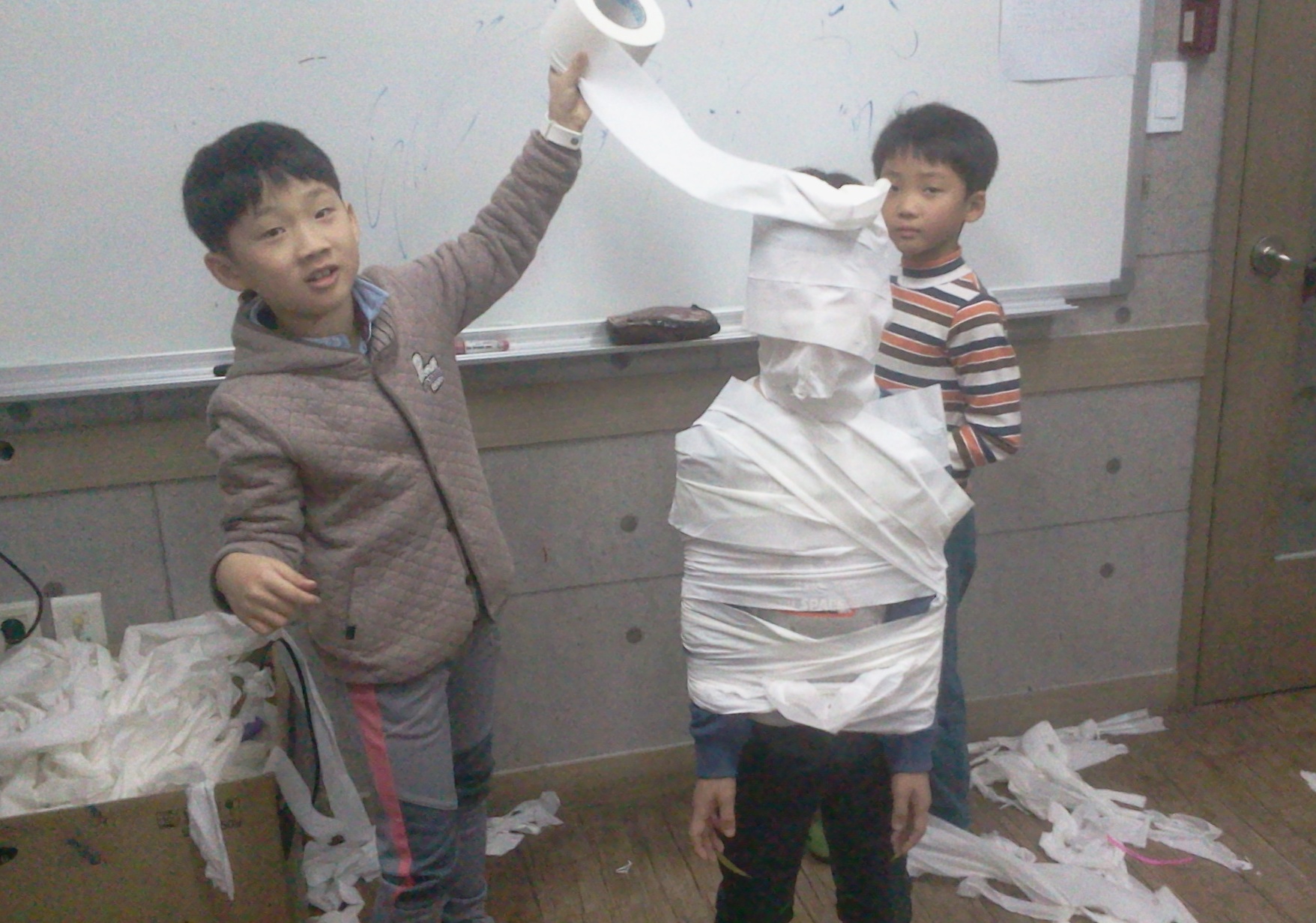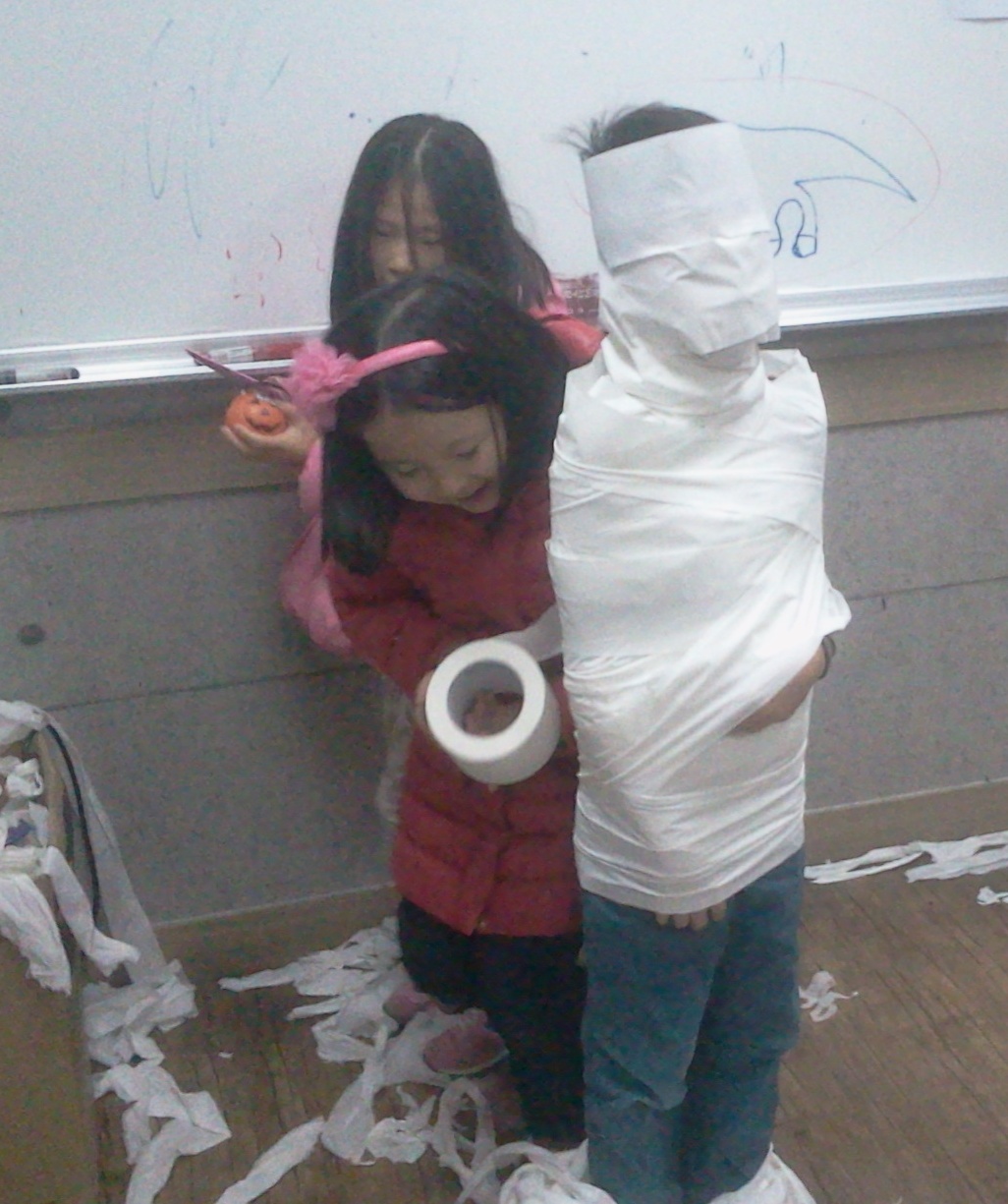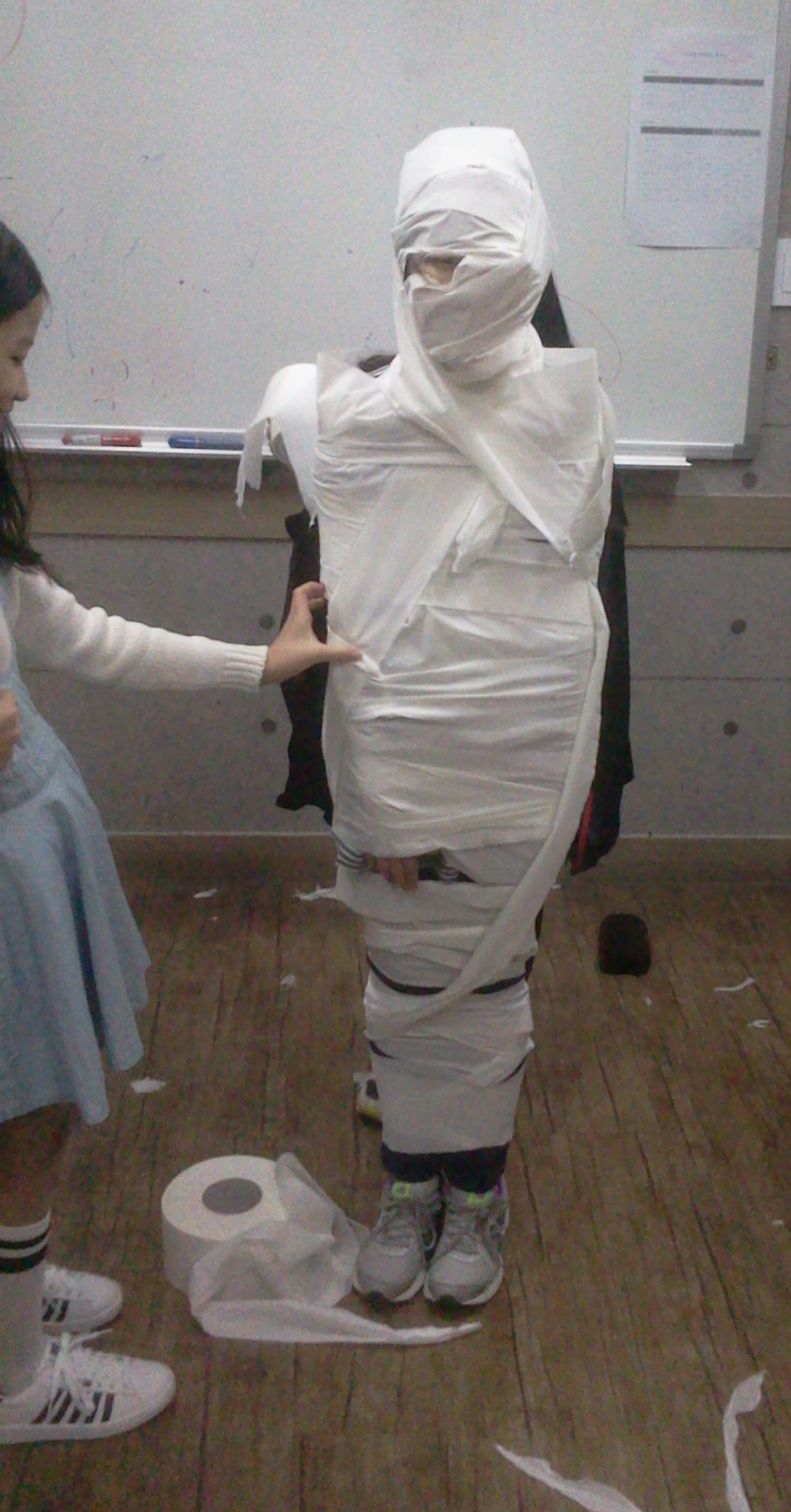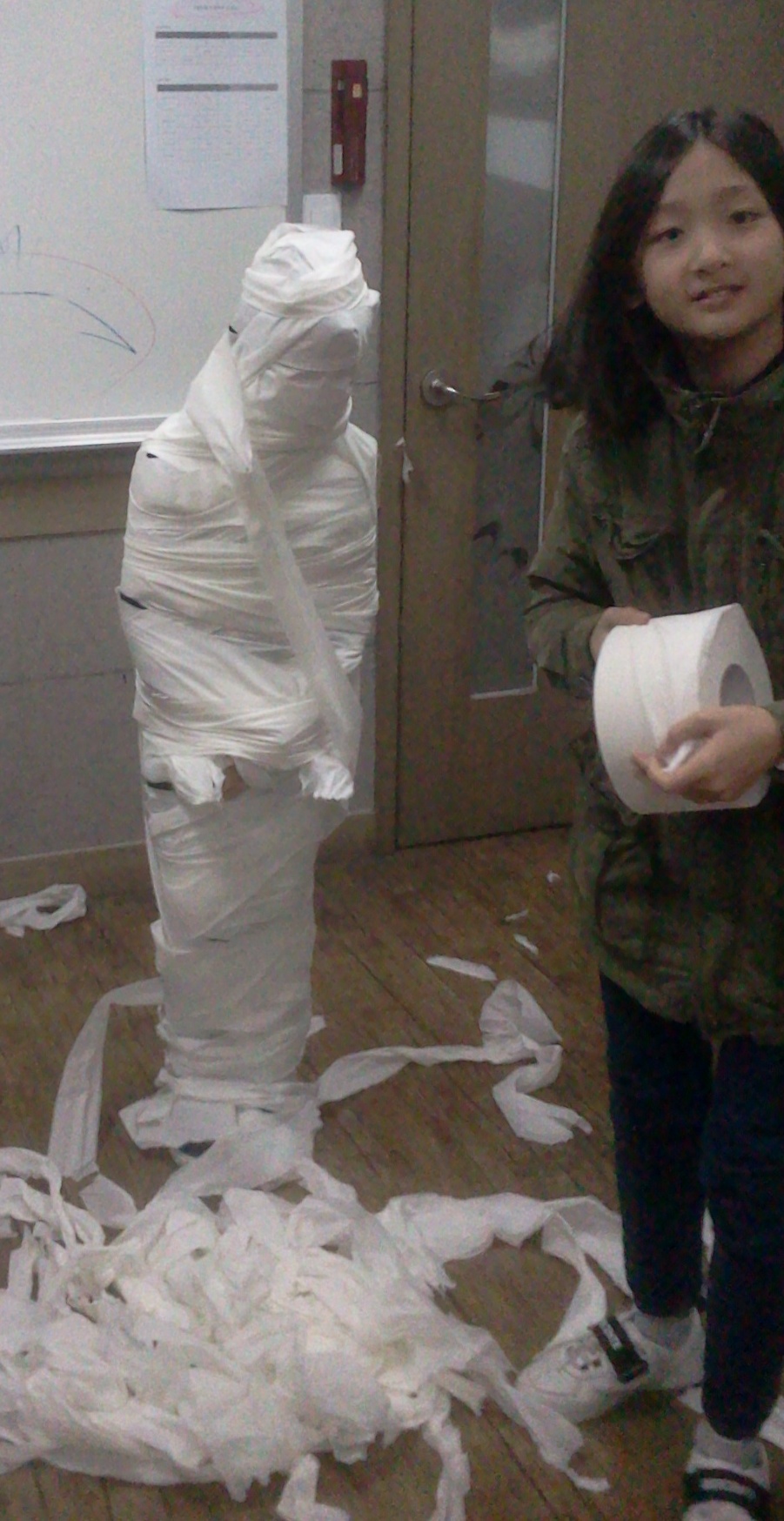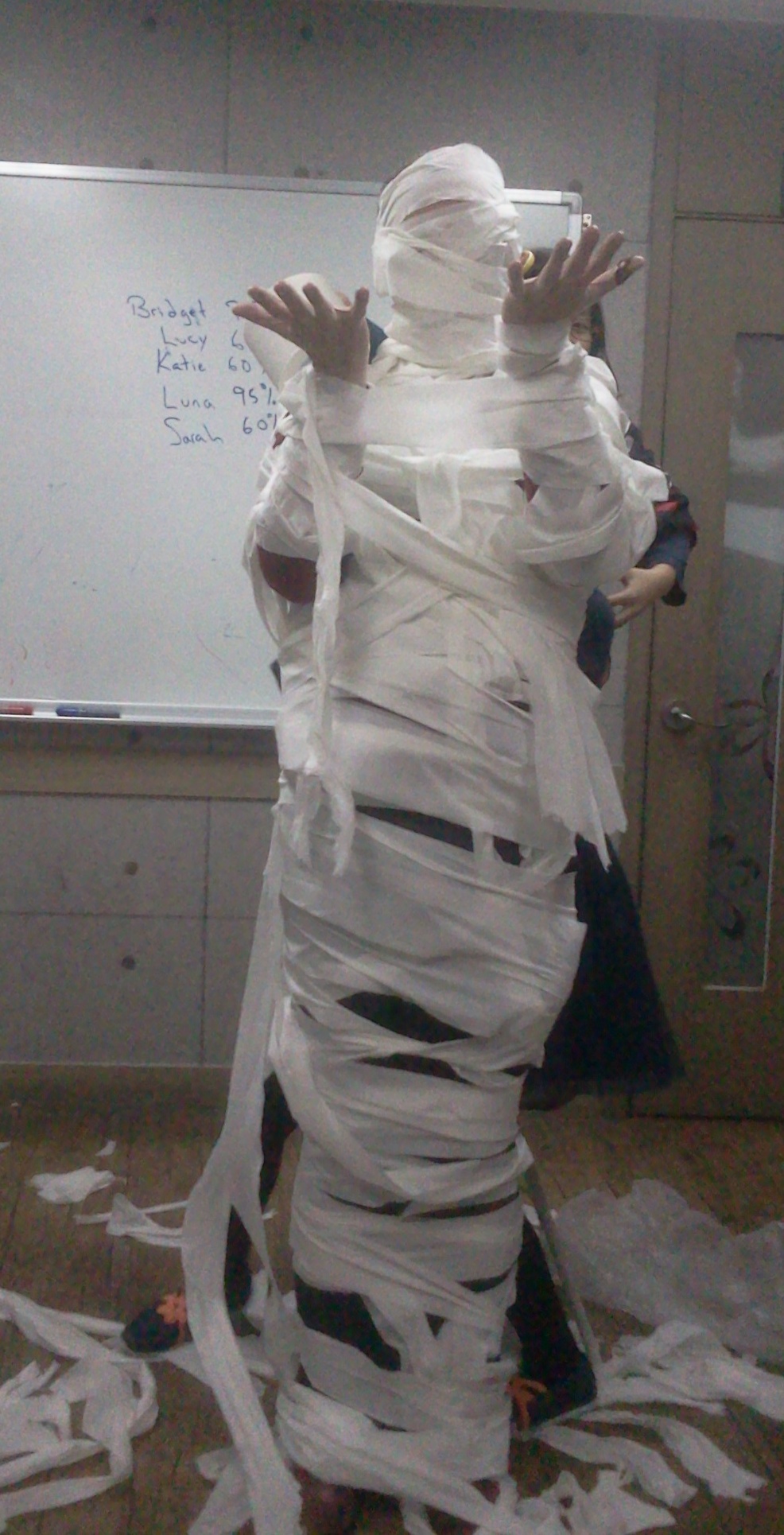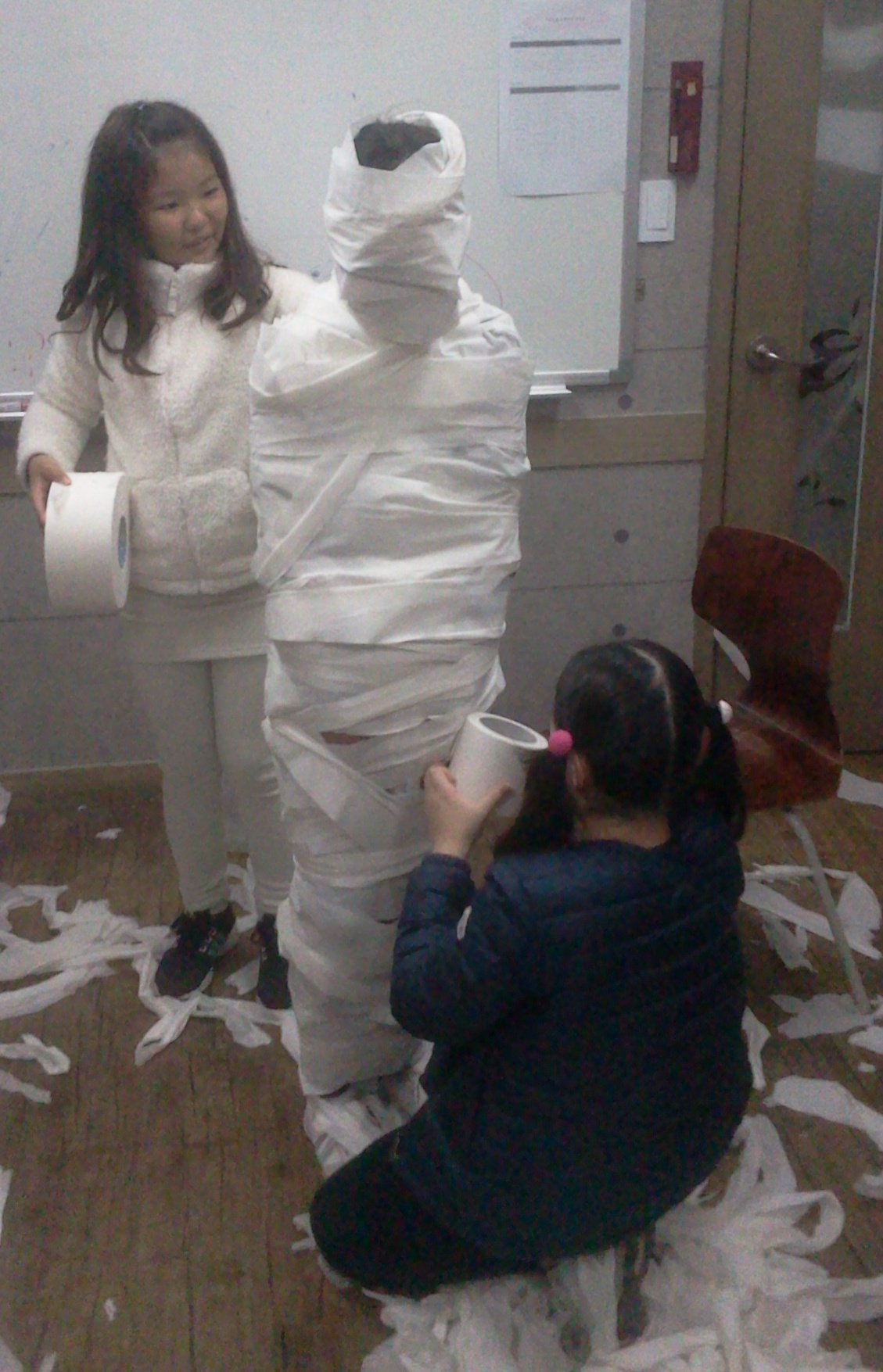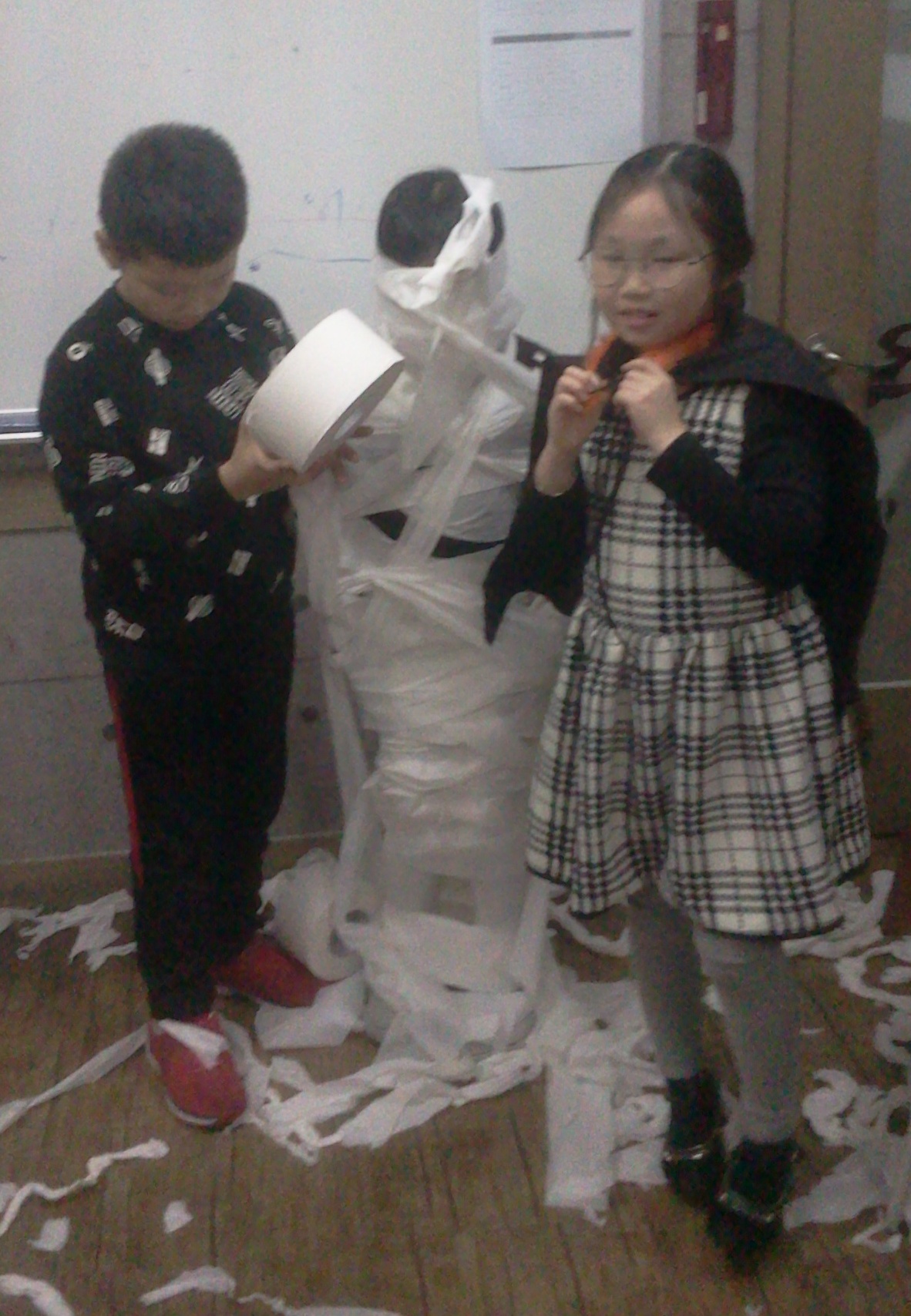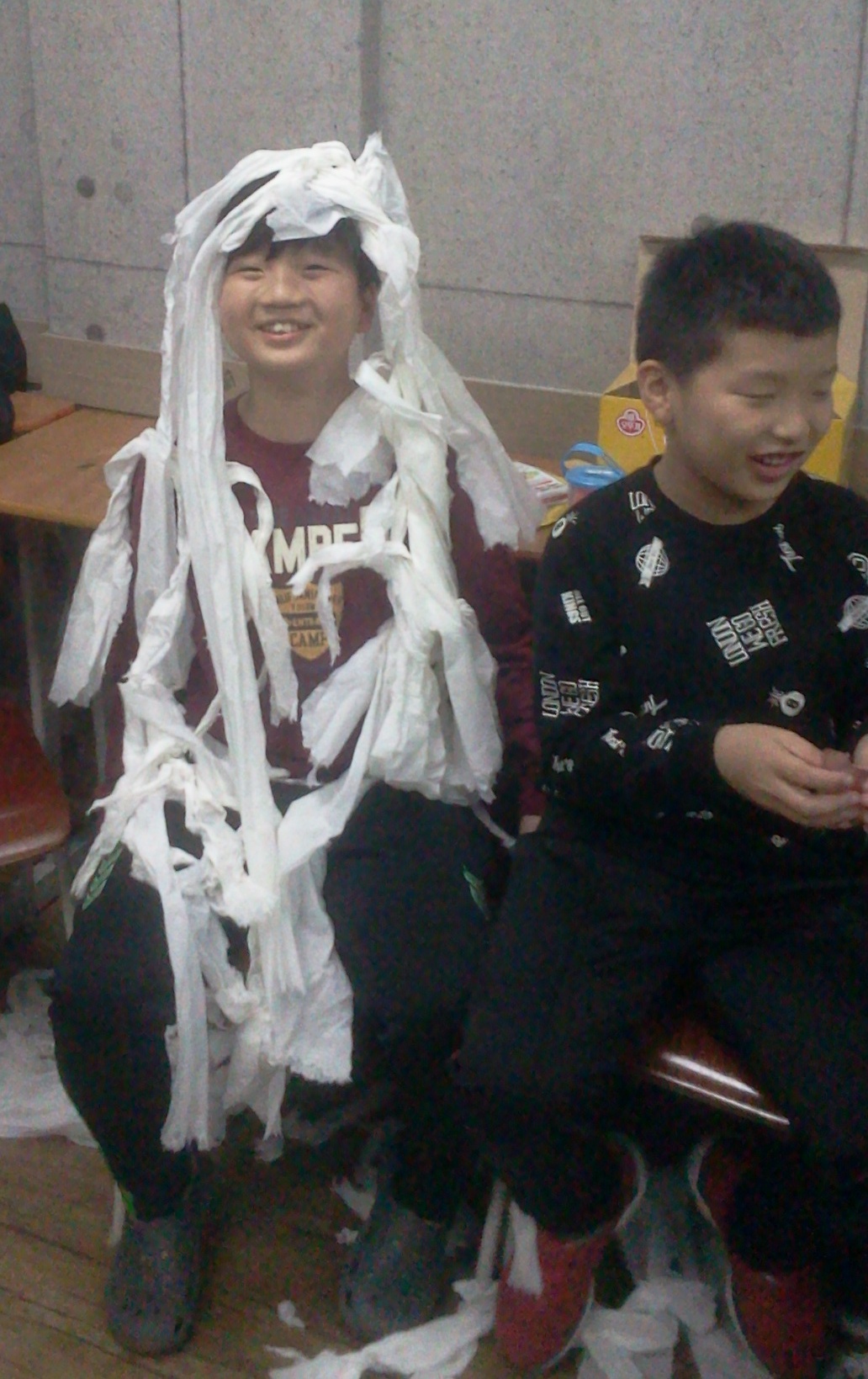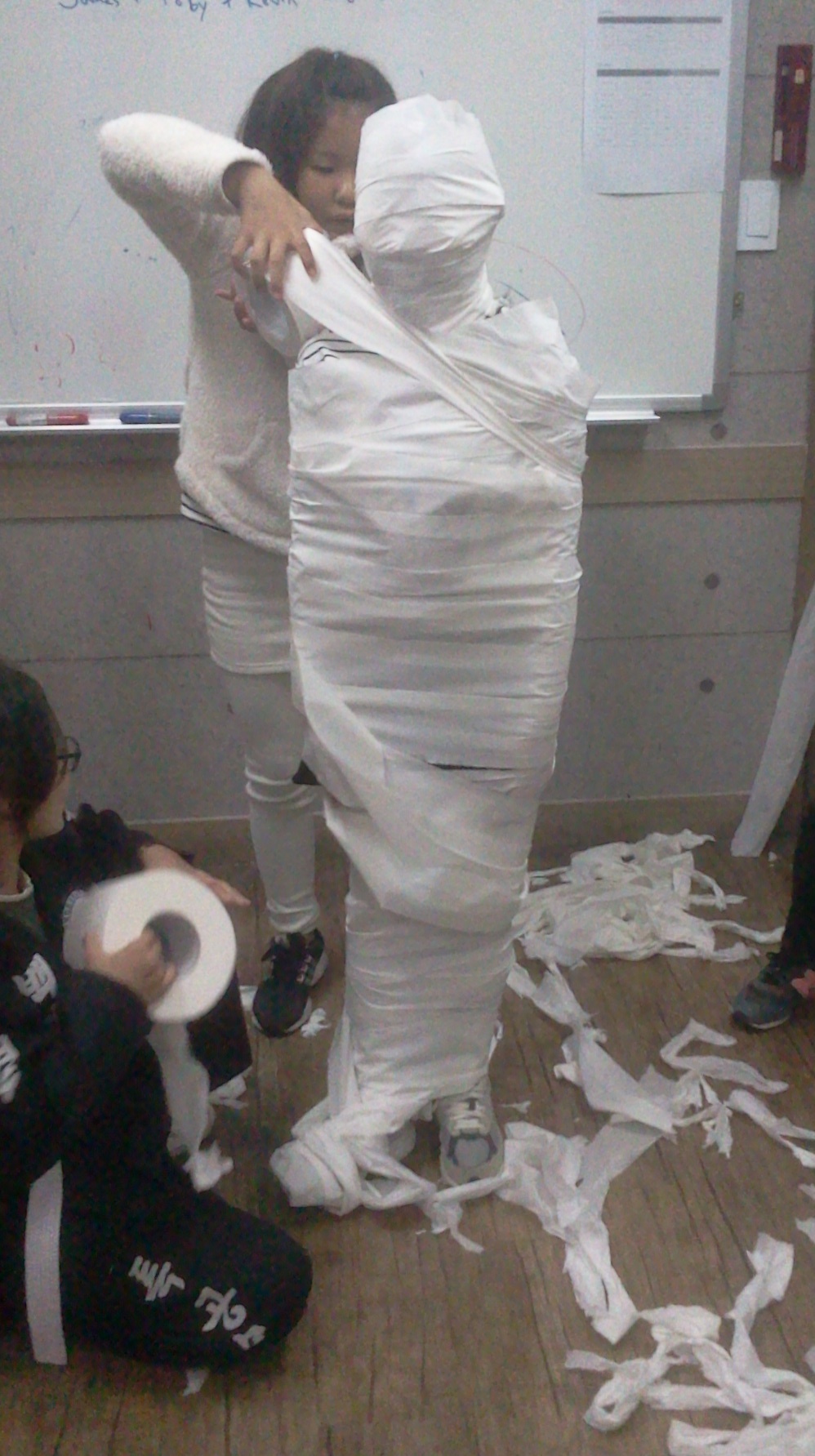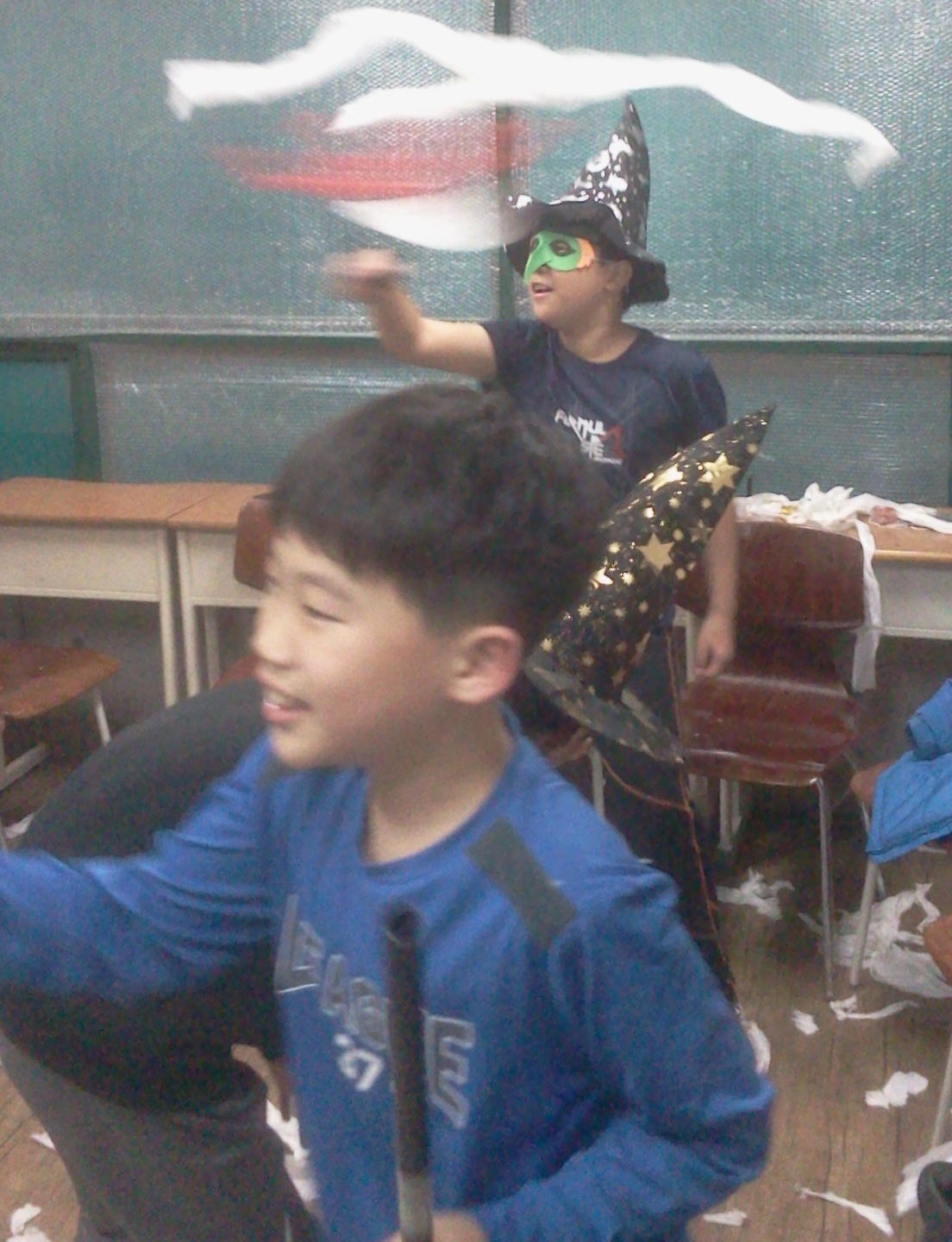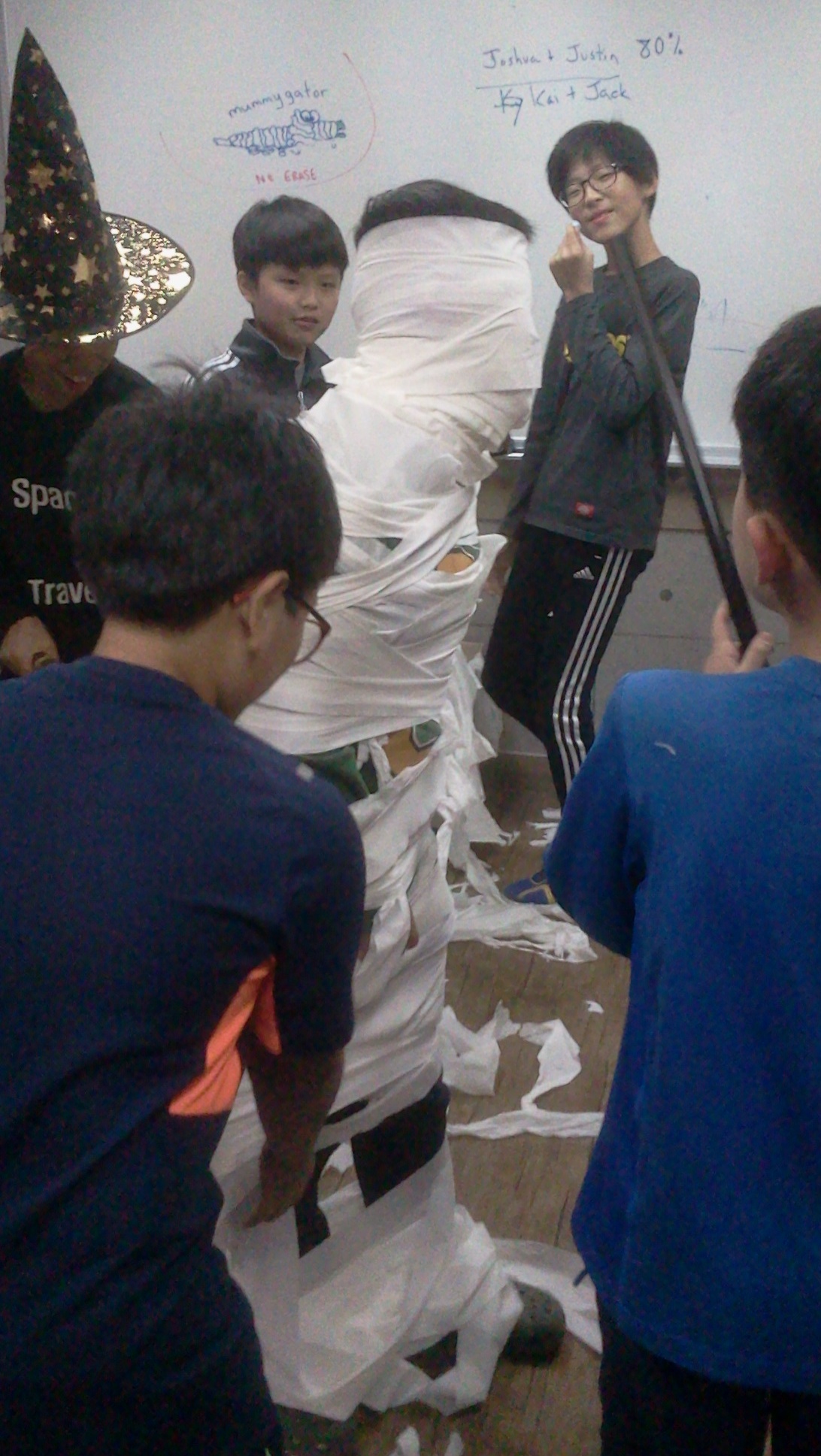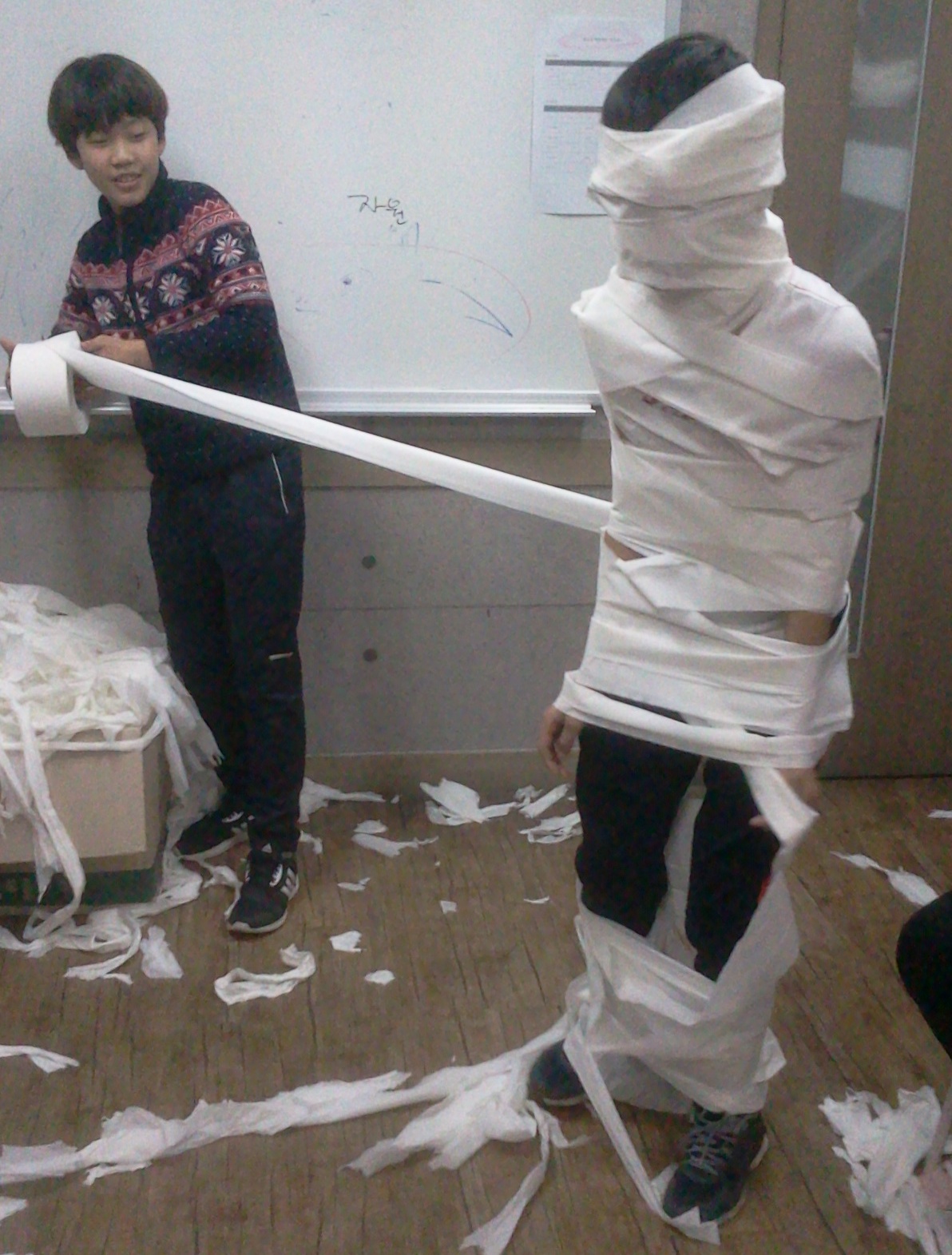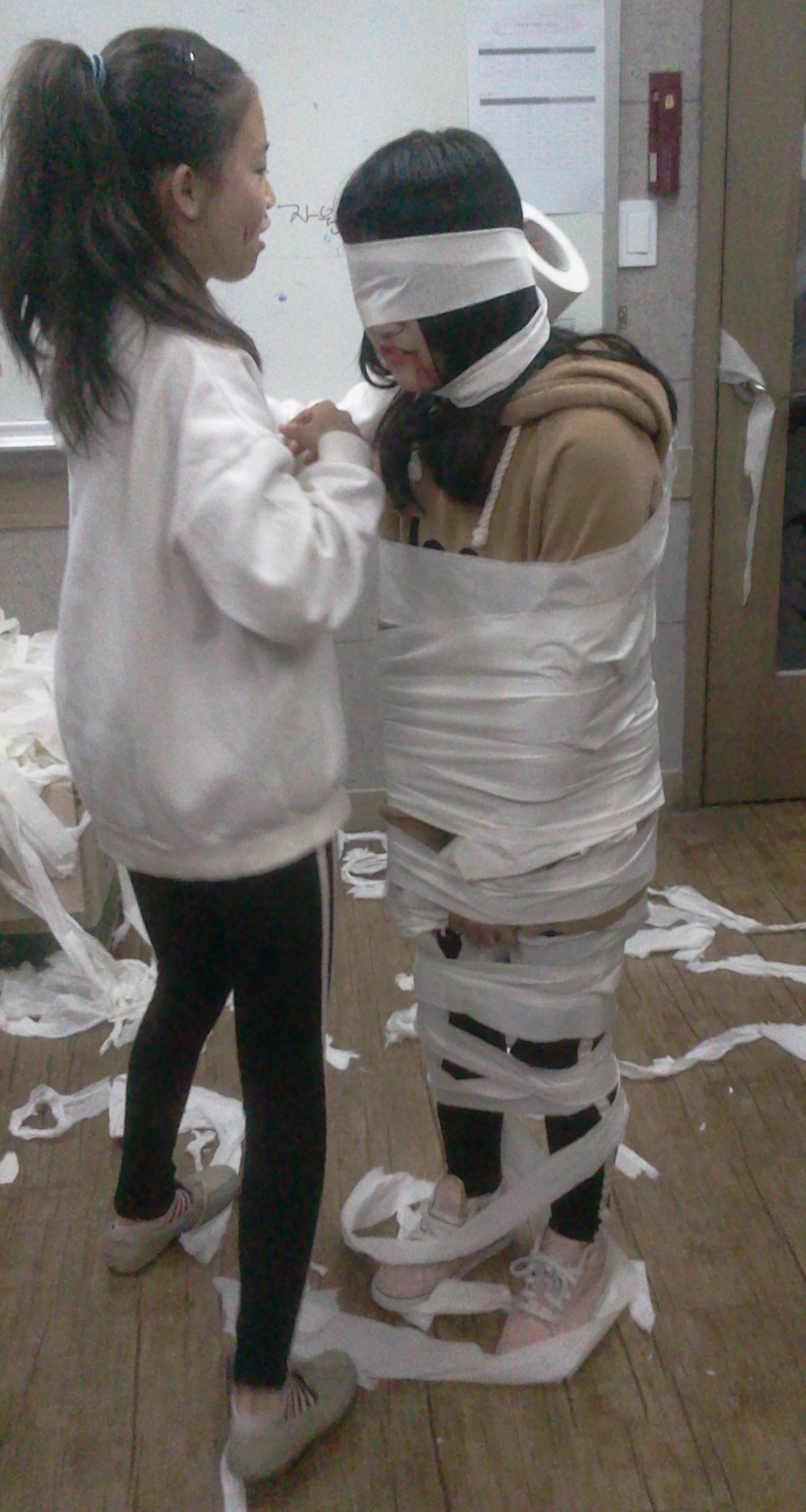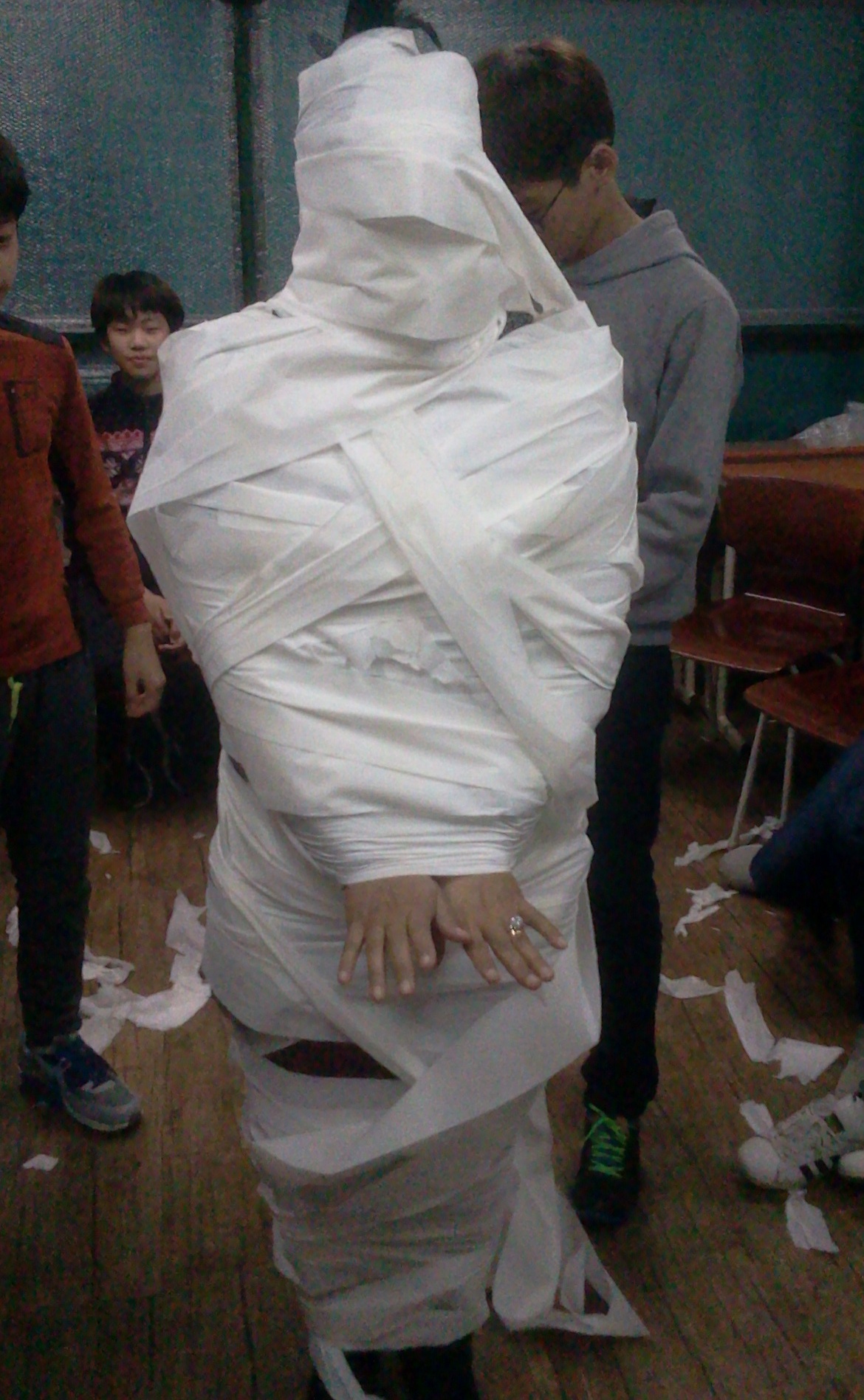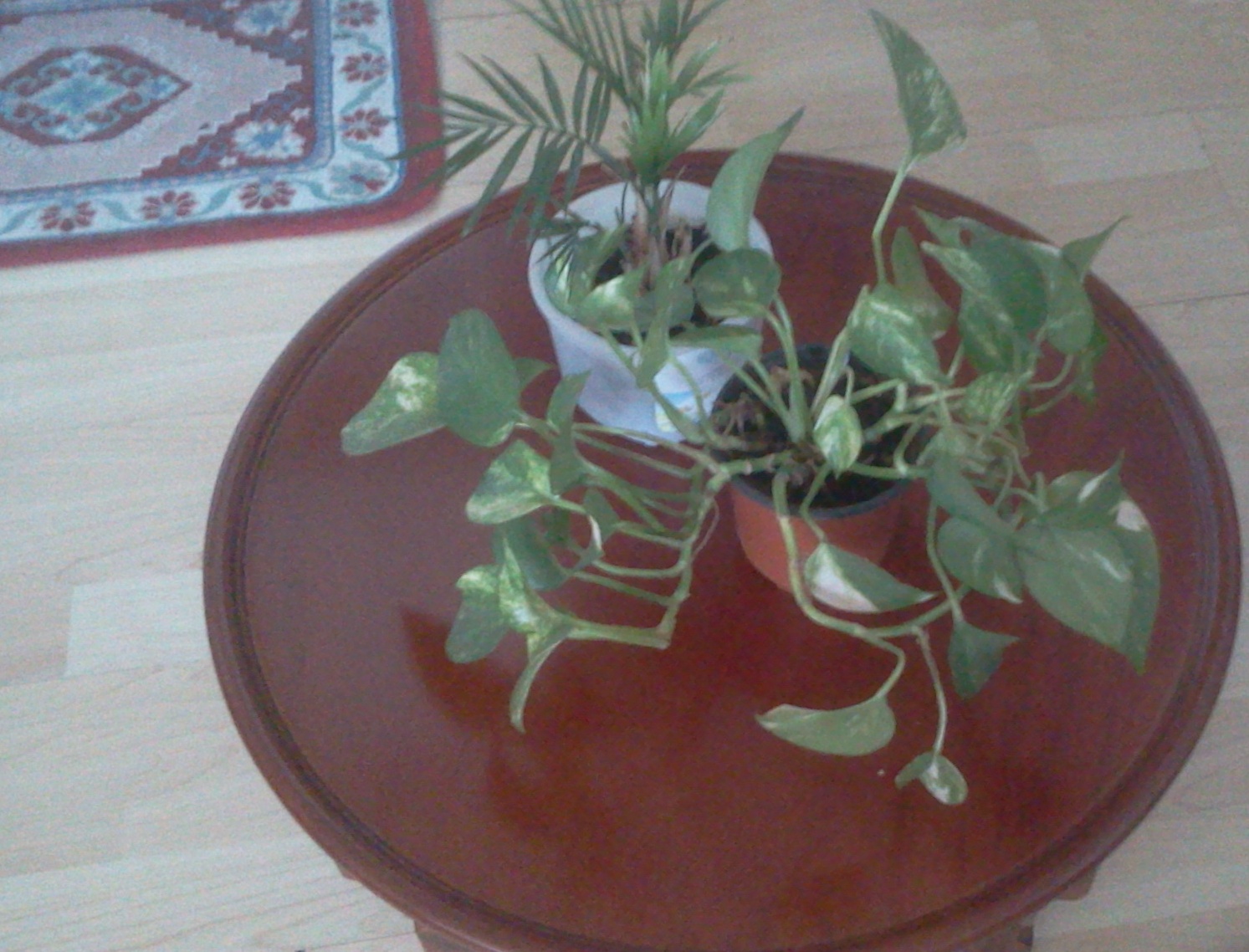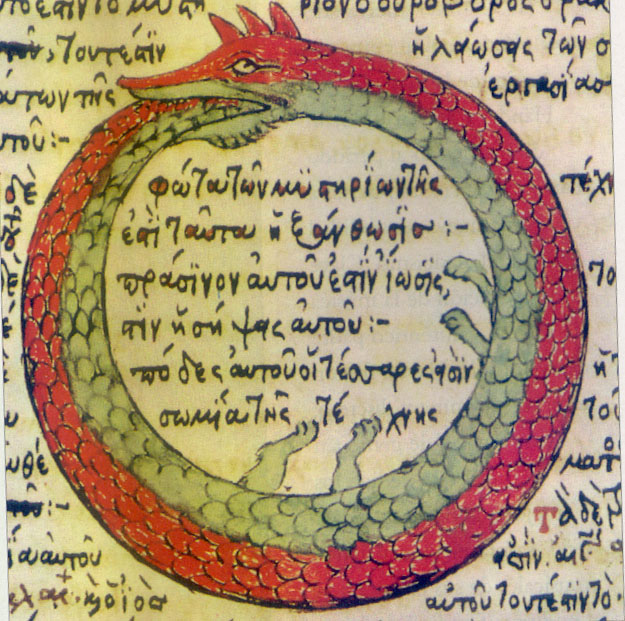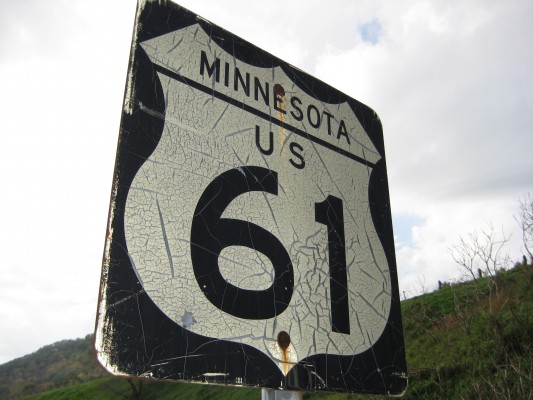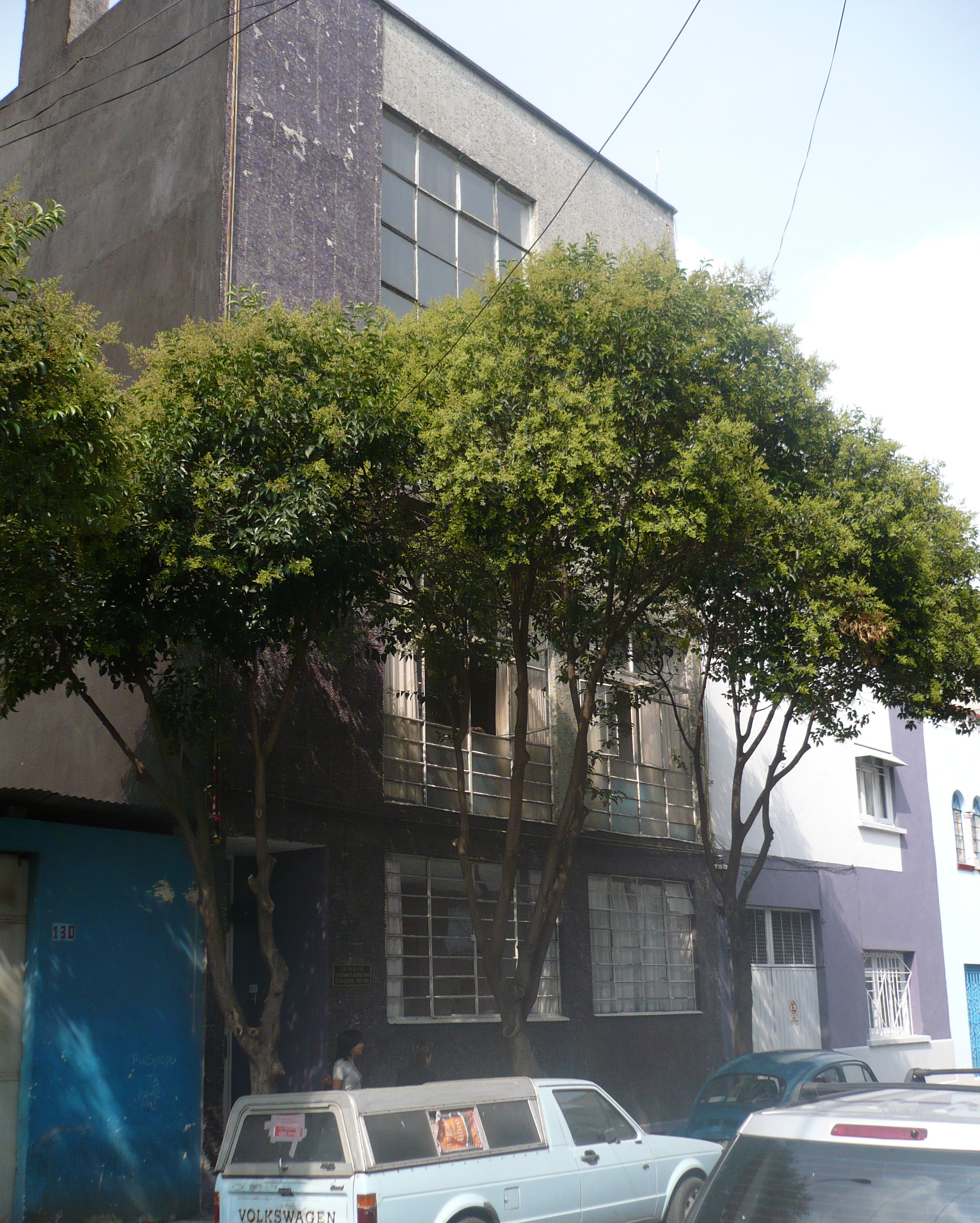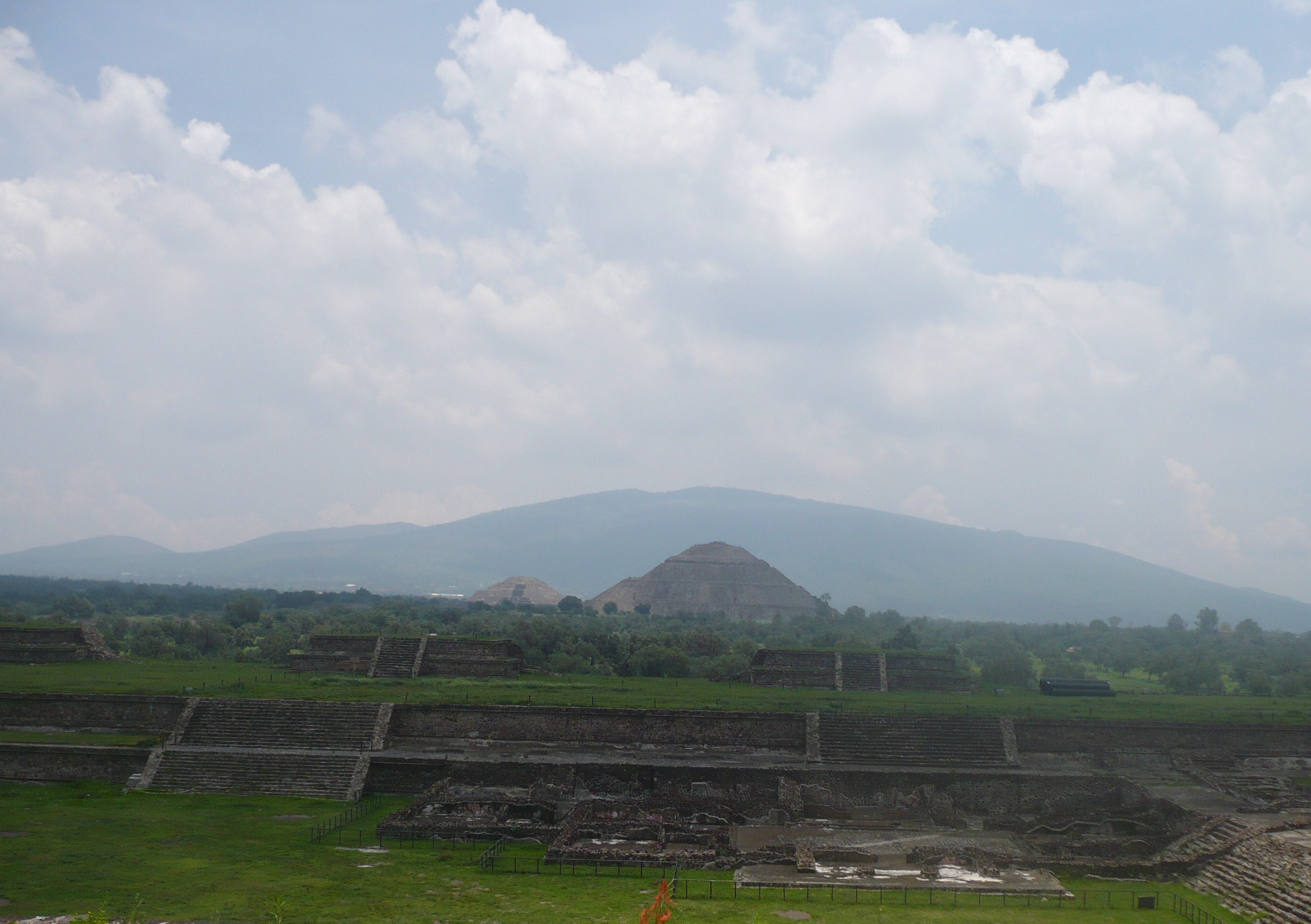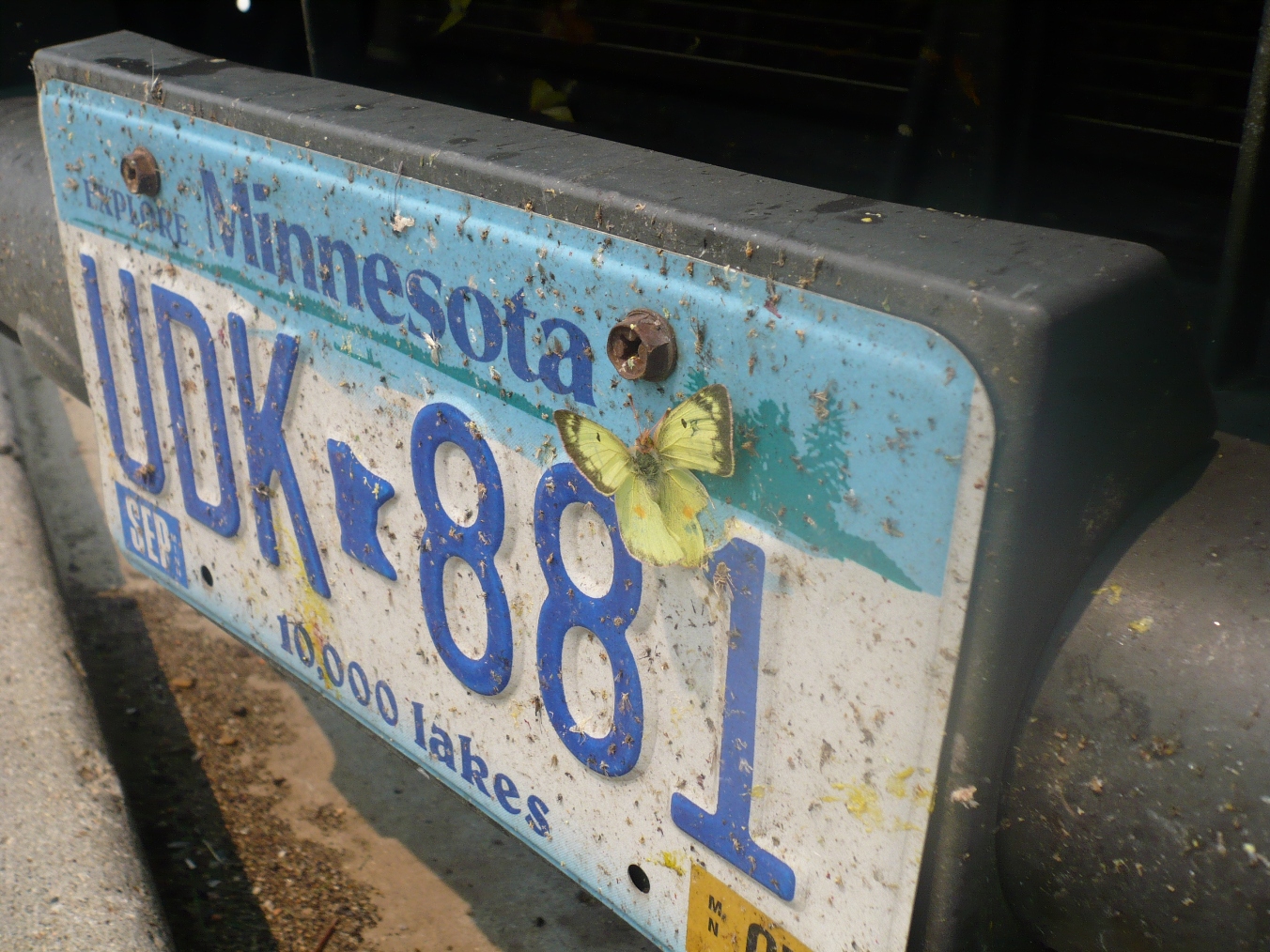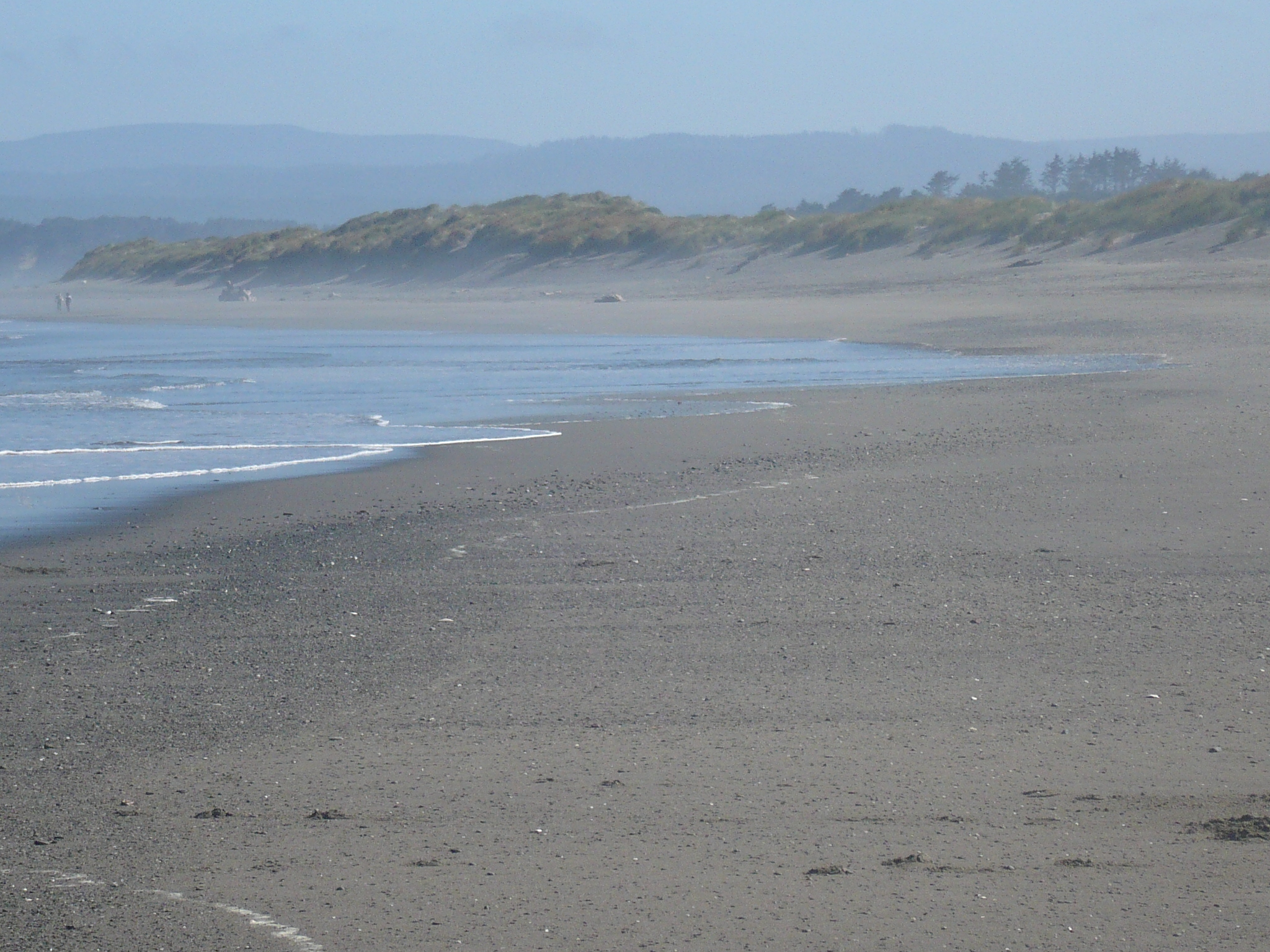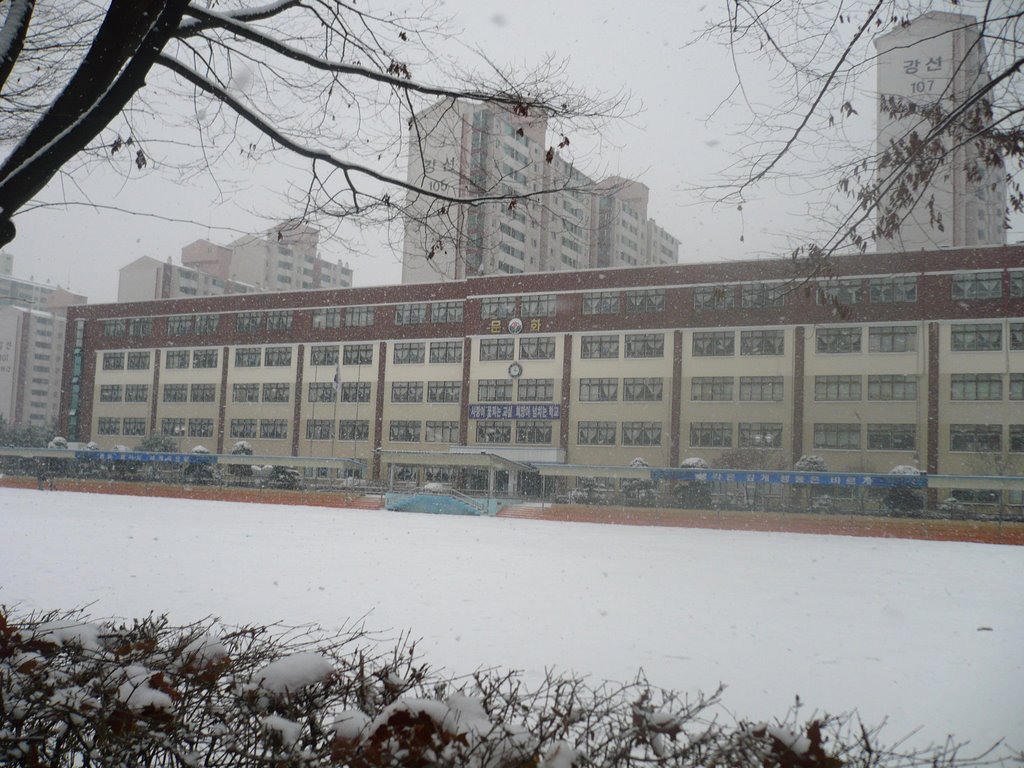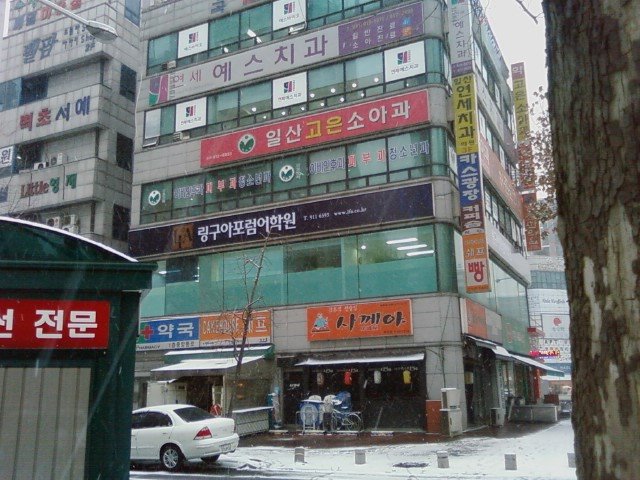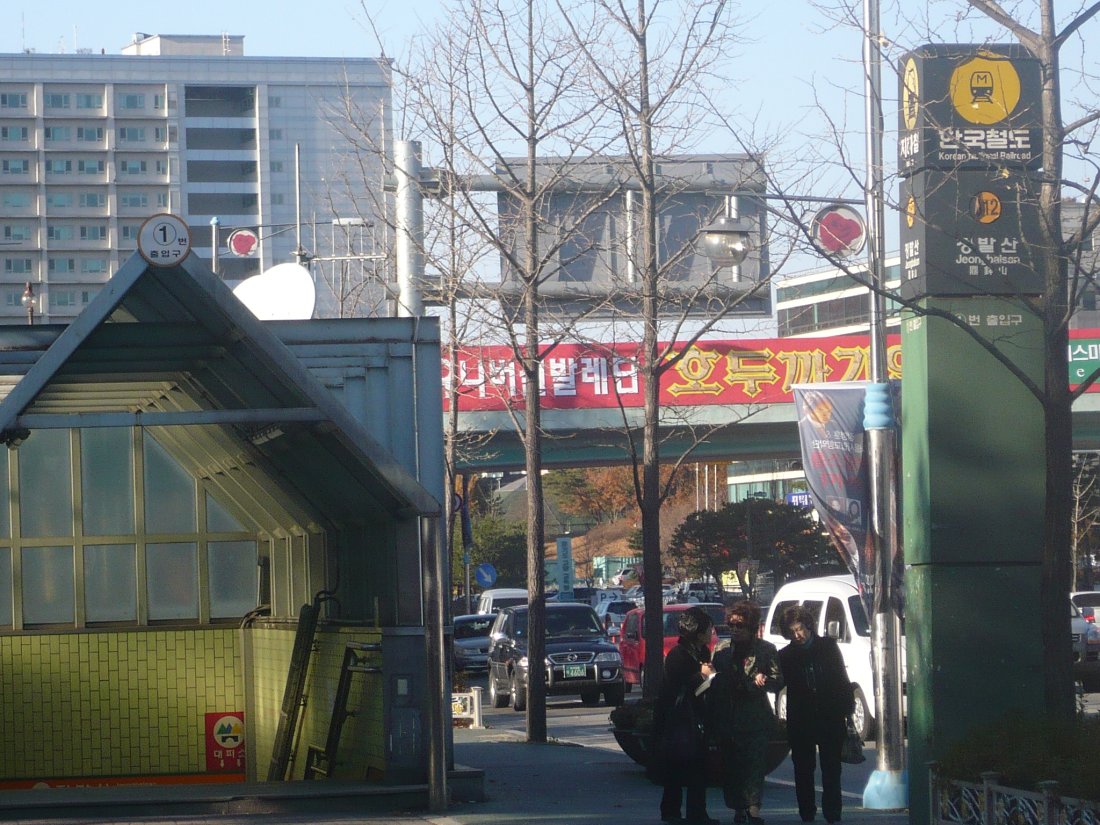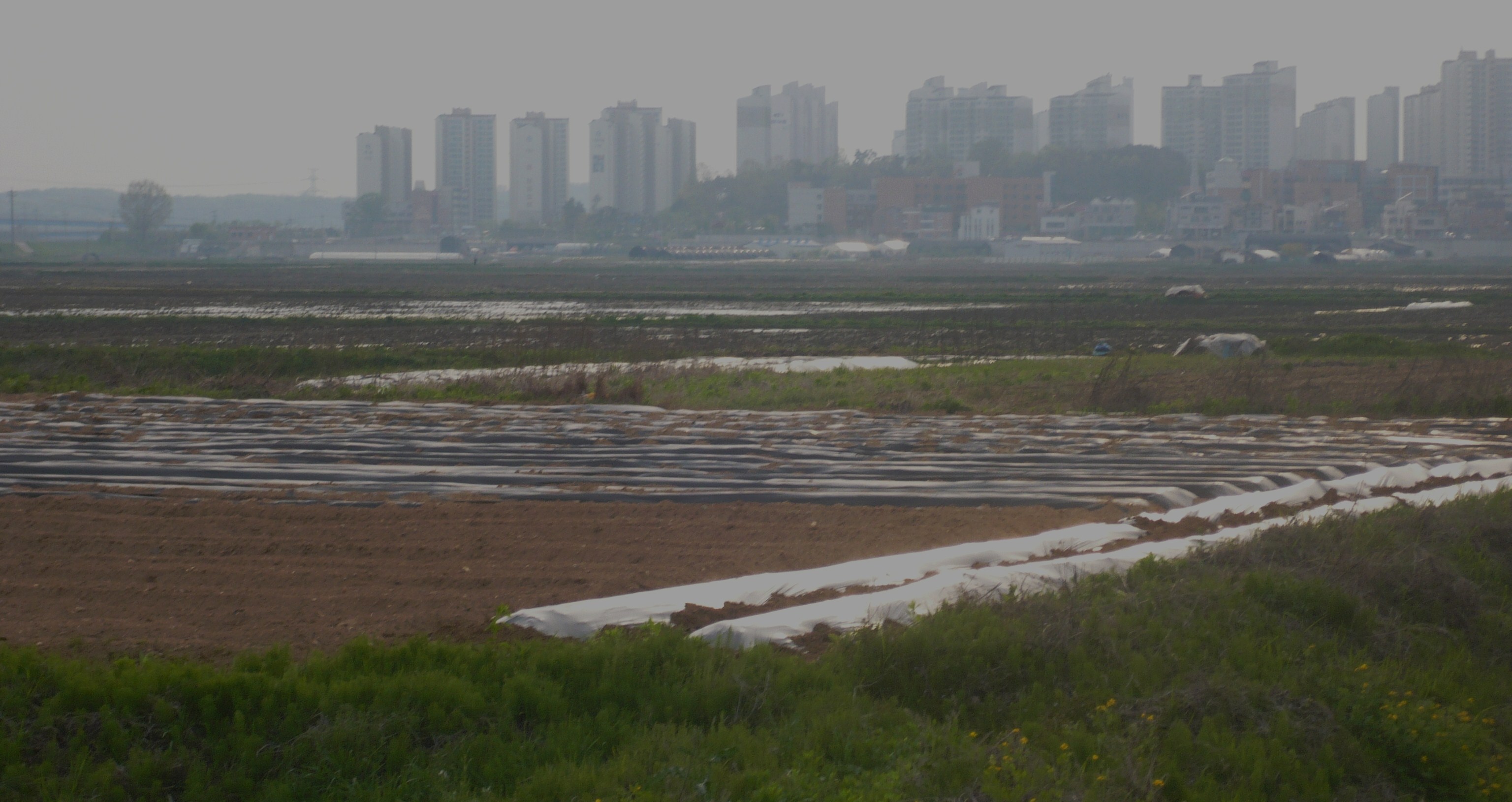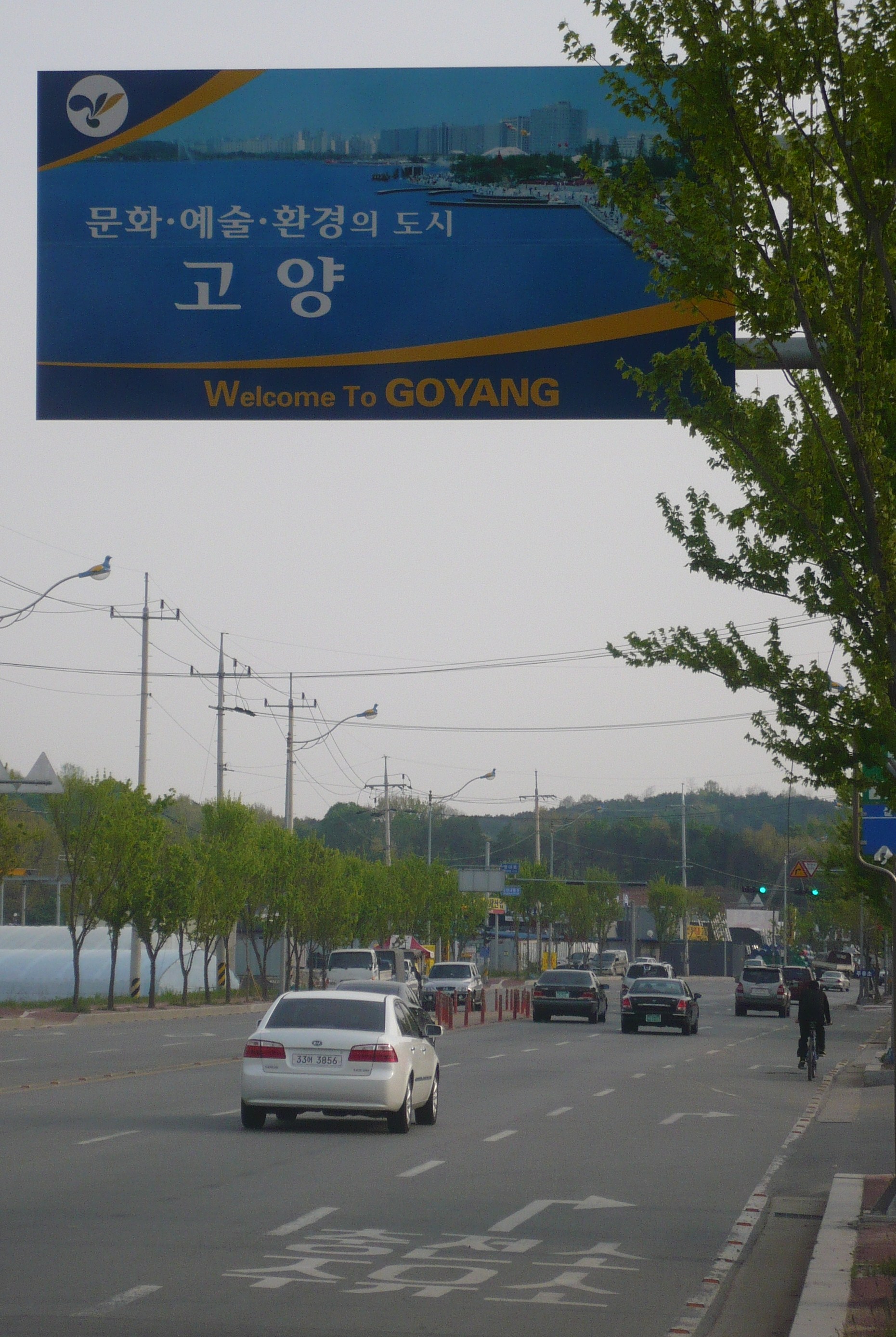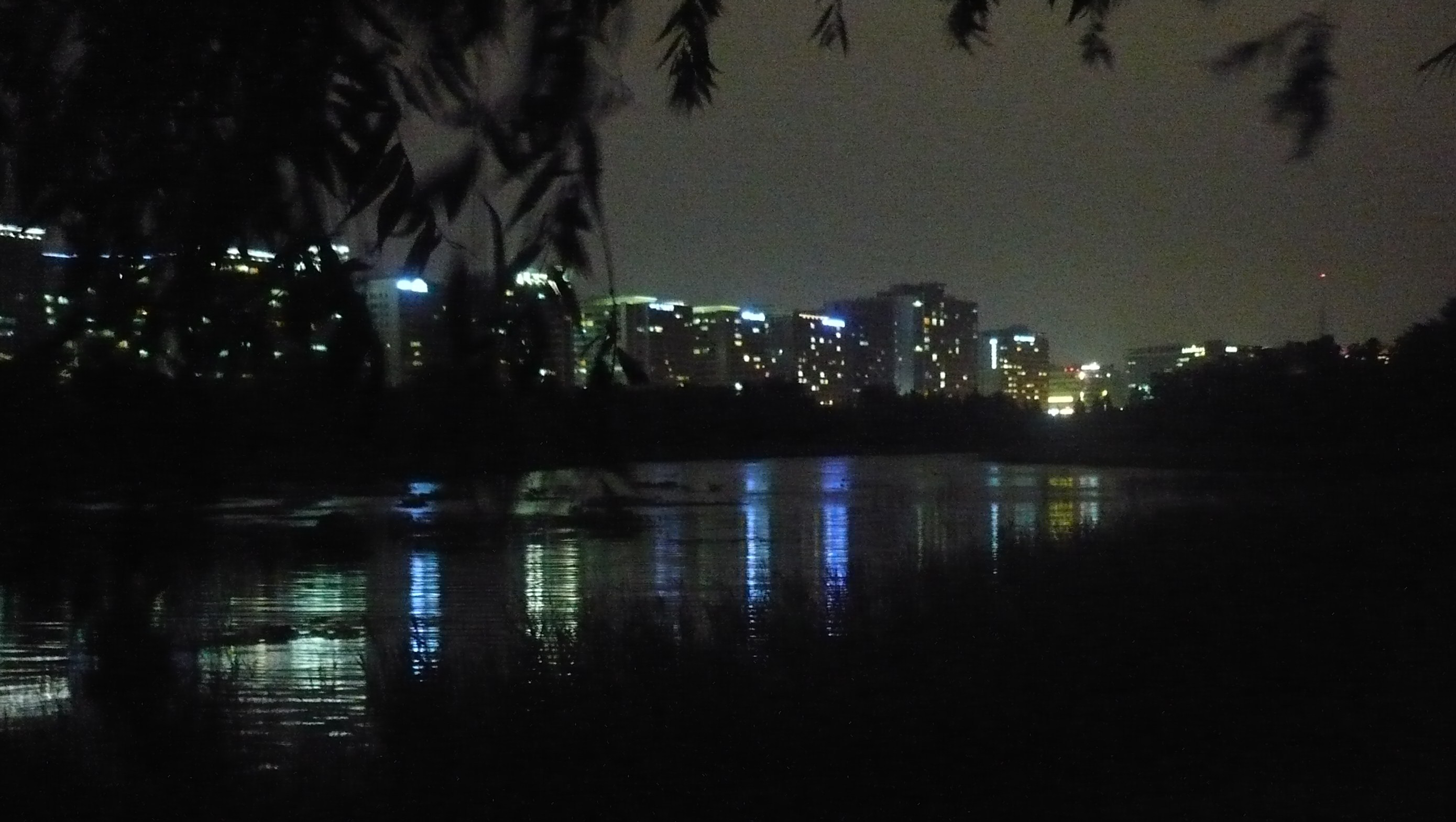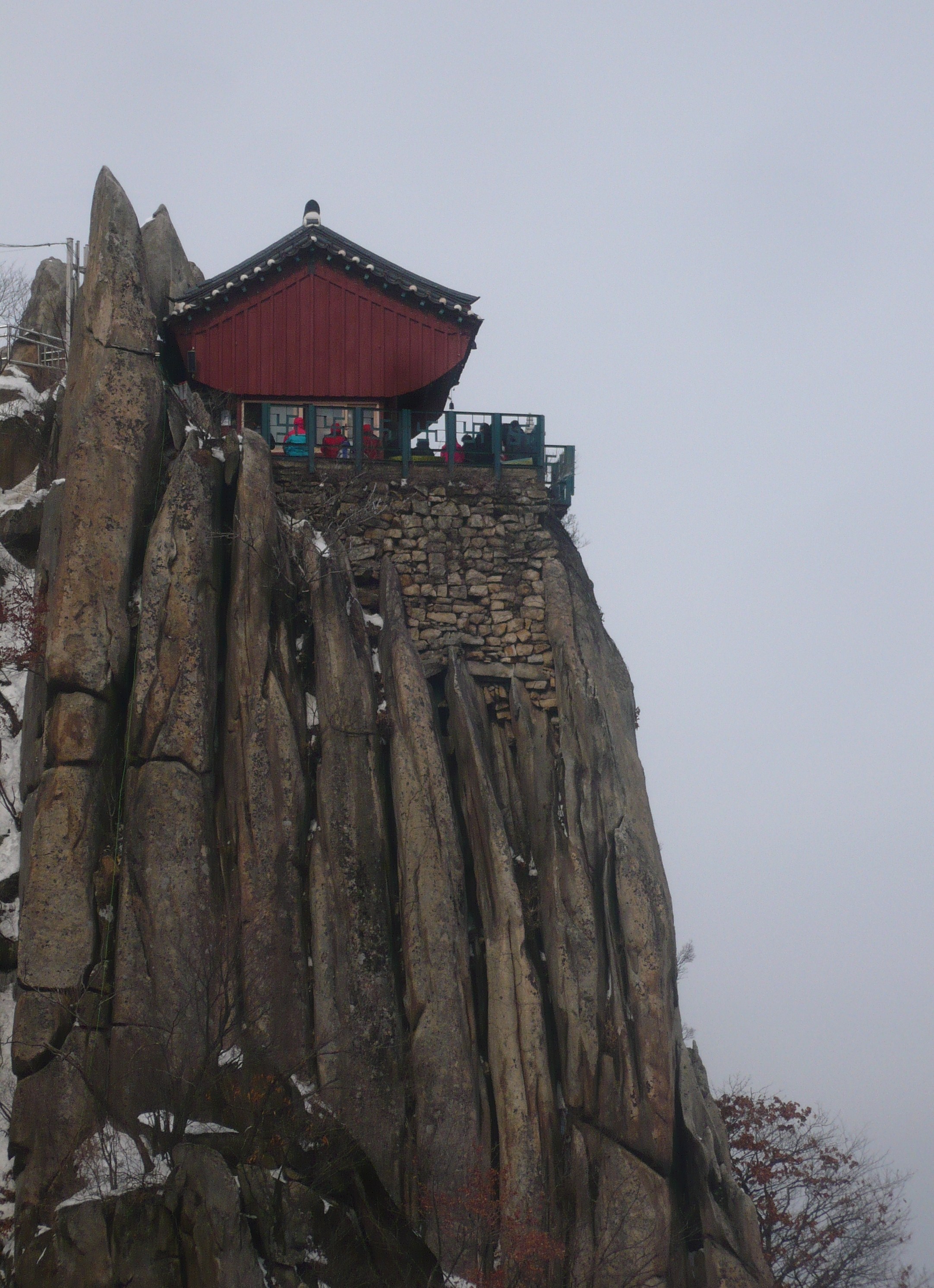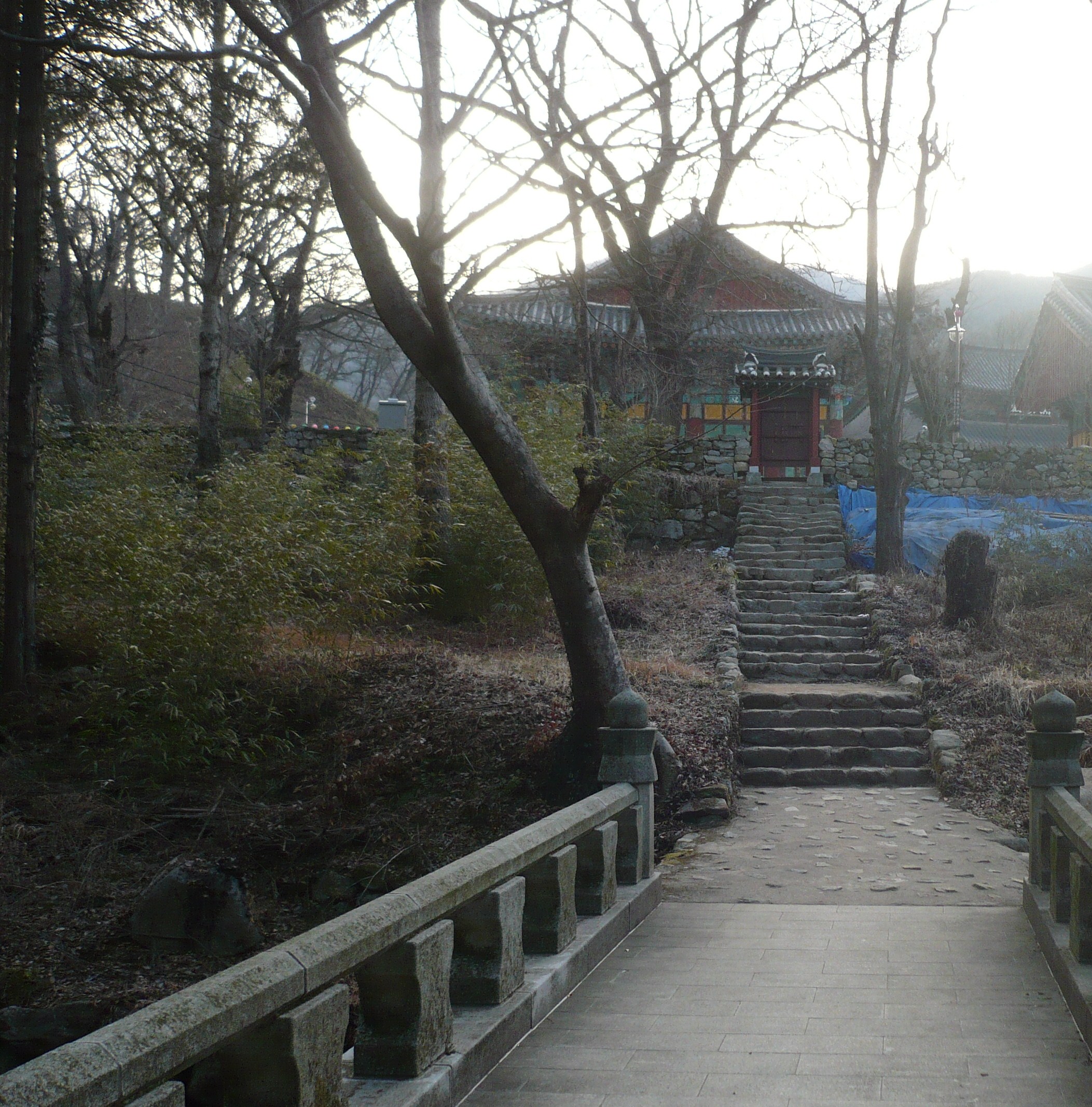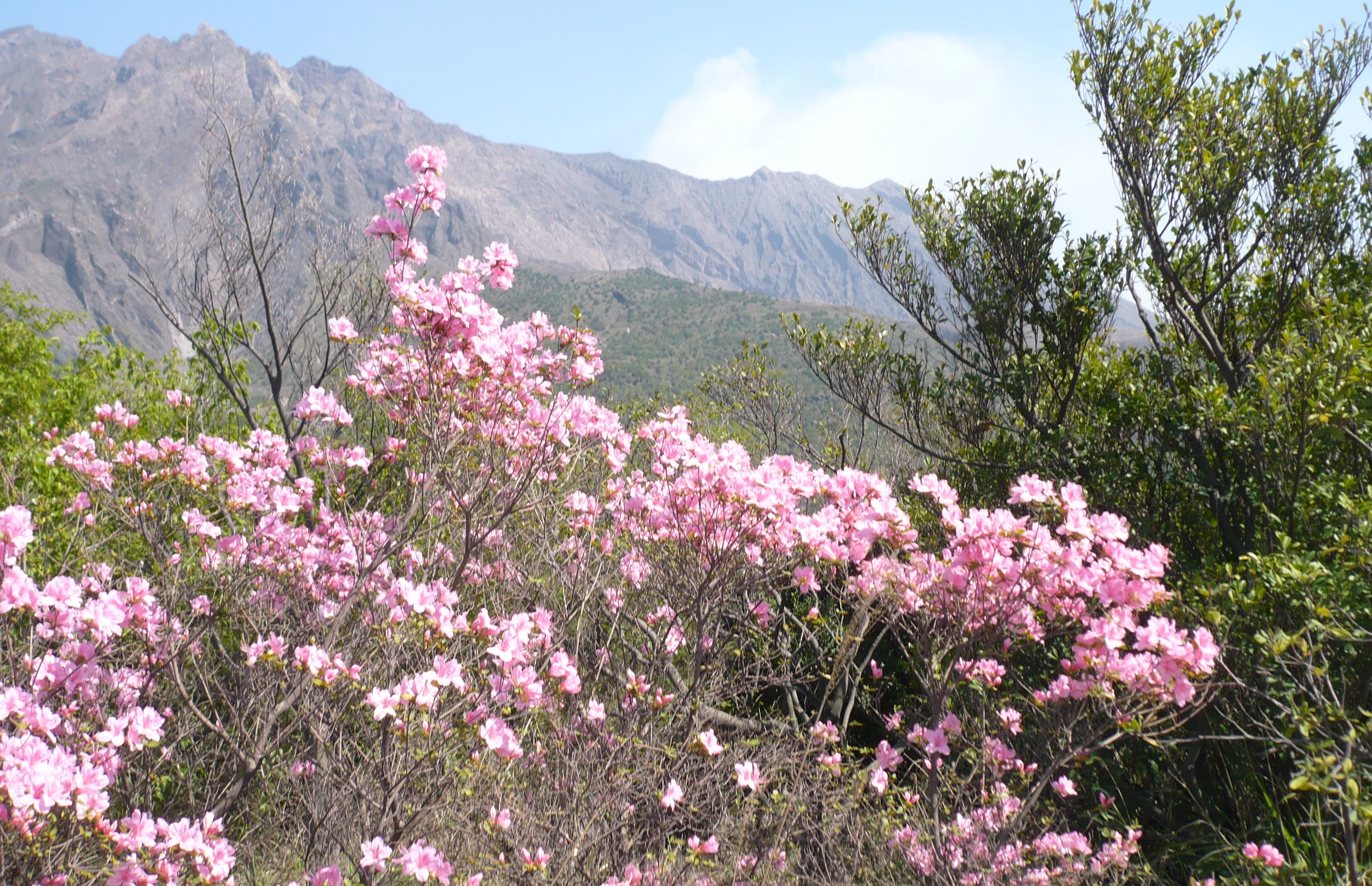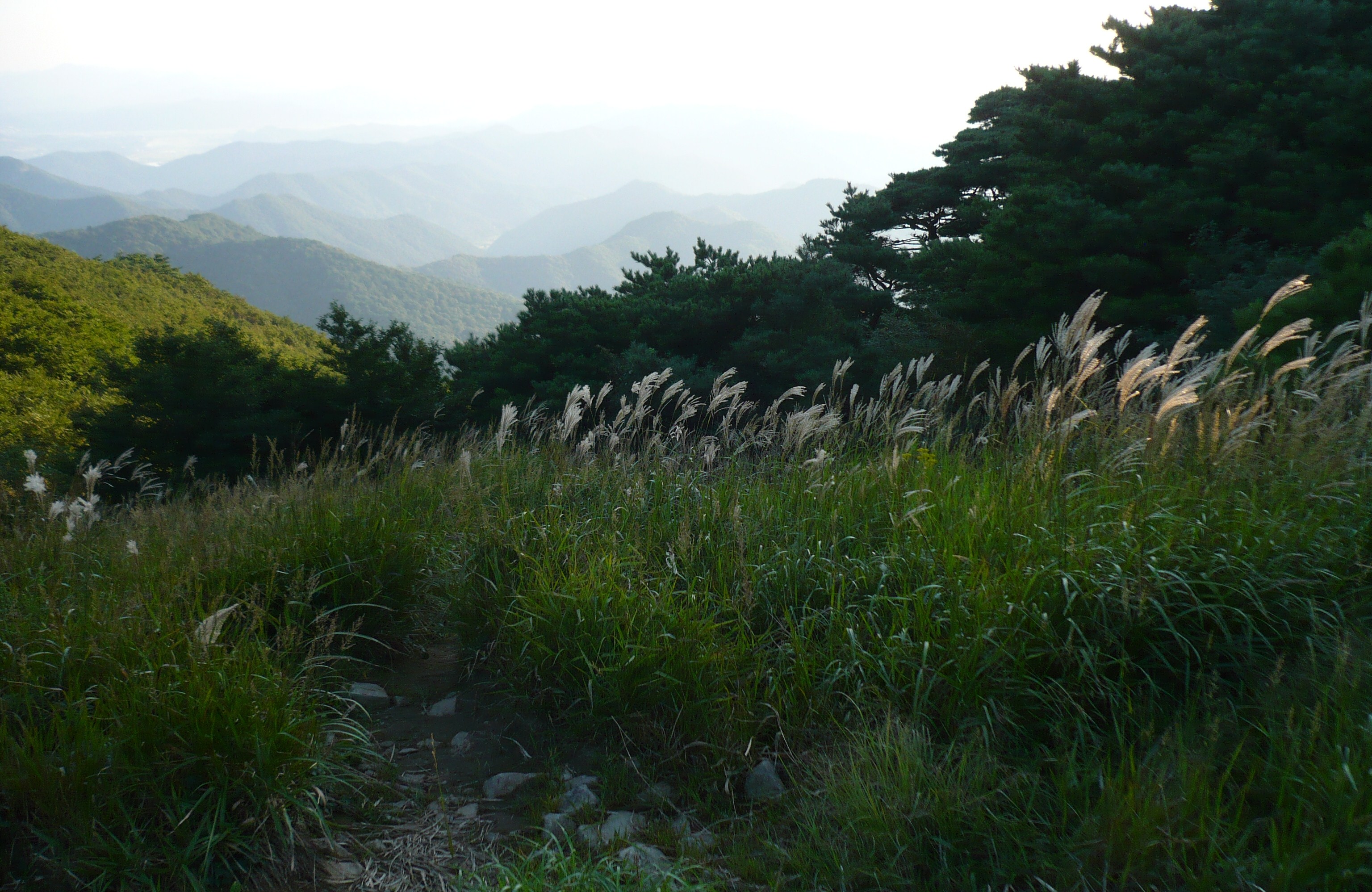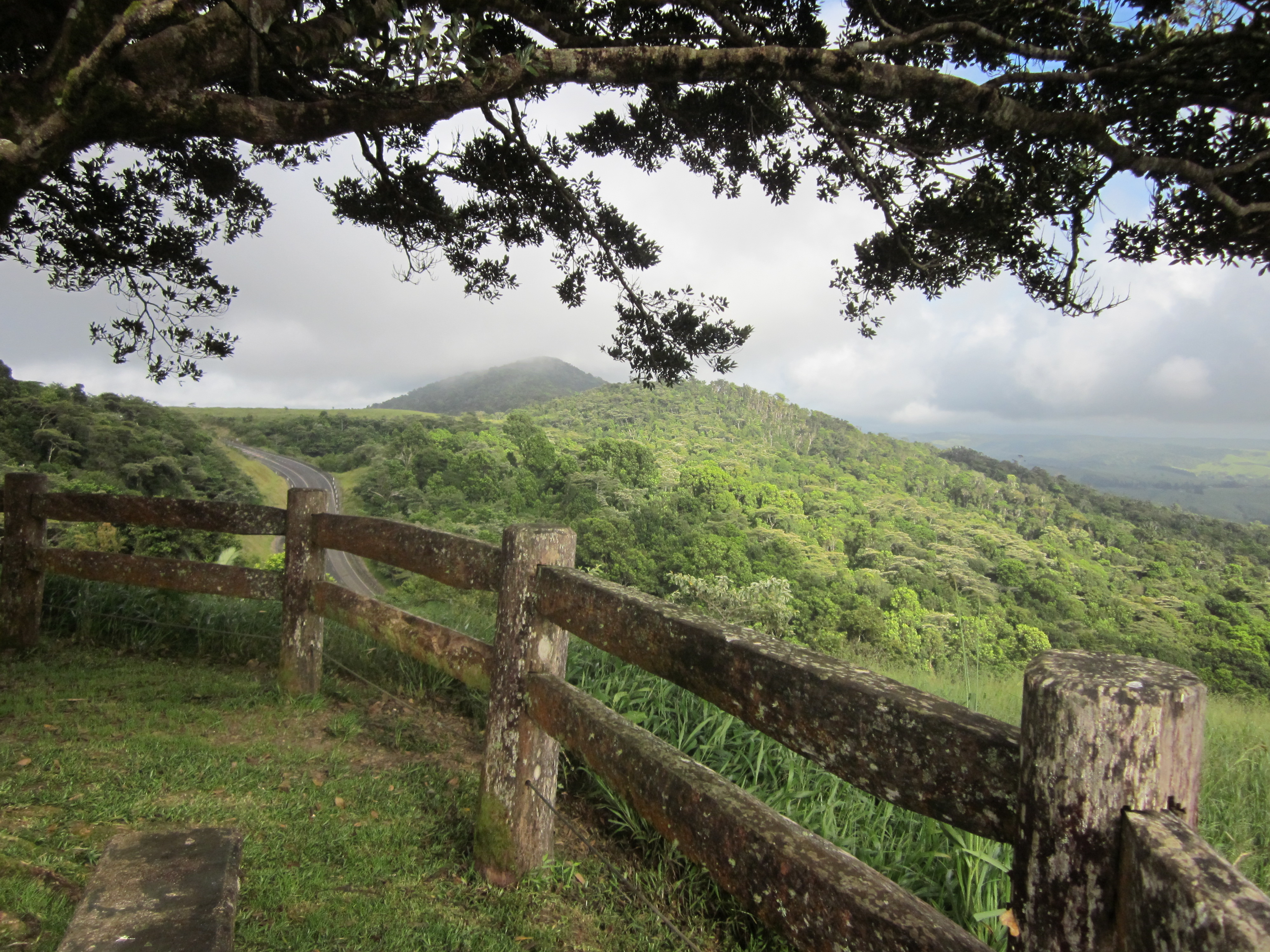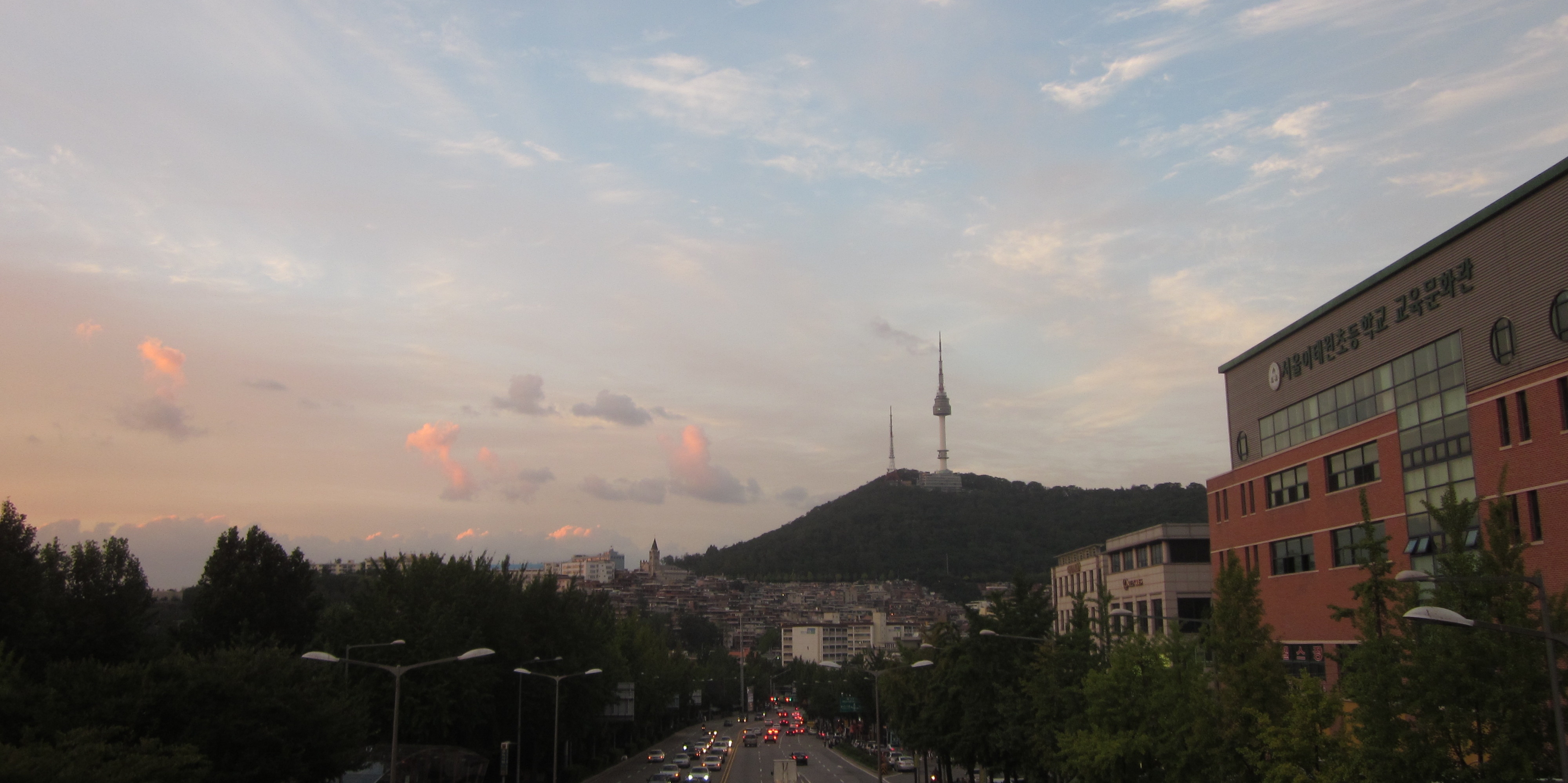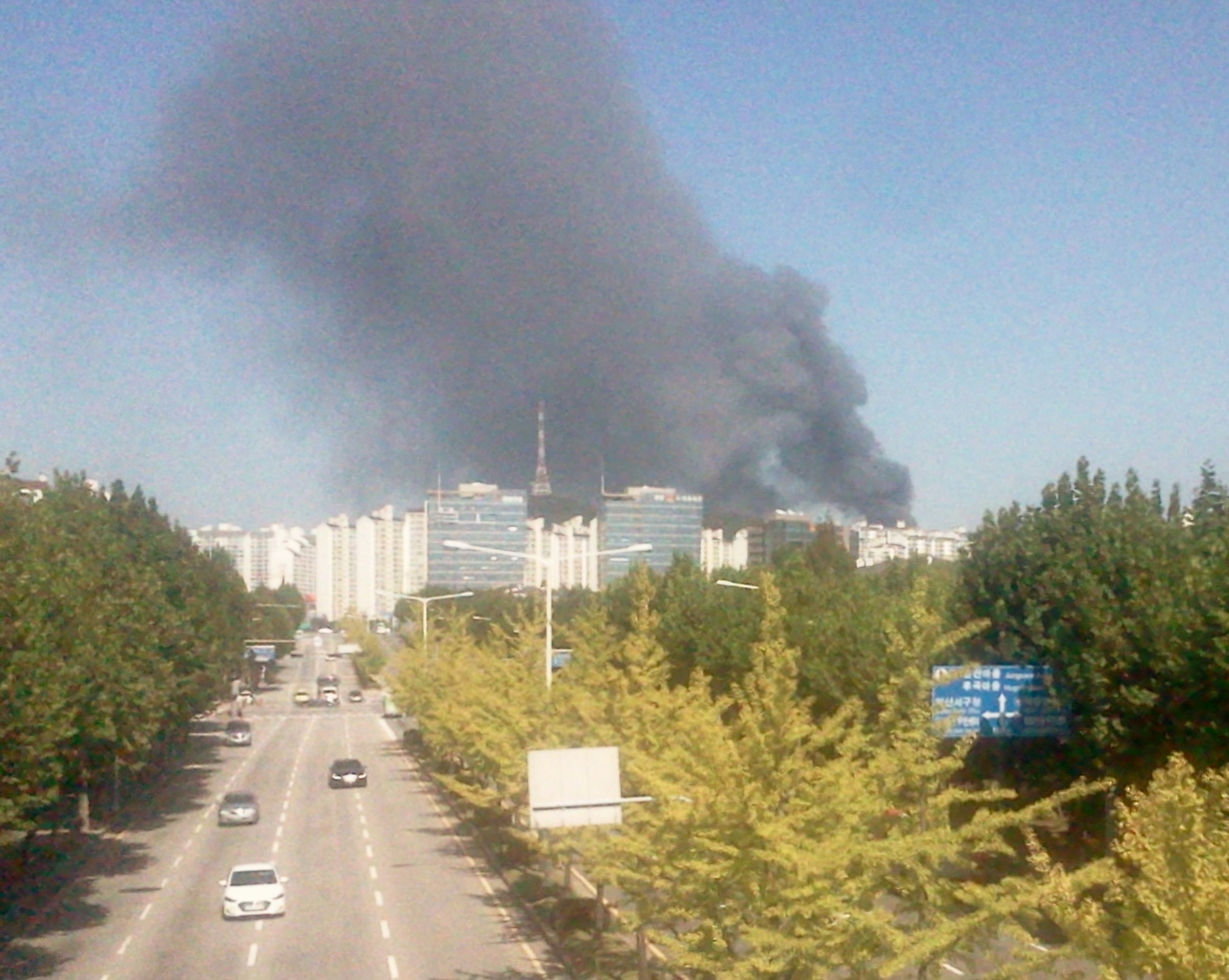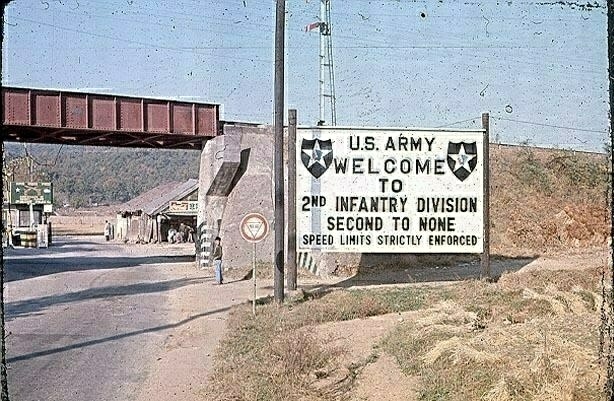I awoke before dawn today – but it's not clear to me if this is a sign of a continued jetlagged state or if, alternatively, in fact it is proof of my adaptation to the time zone, since pre-dawn wakings with subsequent insomnia are a very typical part of my day-to-day existence.
Today is election day, in the US, where I happen to be. With some admitted guilt, I will come out openly and say that I do not intend to vote.
I can justify this in several ways, although I will introduce these justifications with the caveat that I am deeply aware that they are merely that: justifications.
My first justification is that although I am, de jure, a US citizen, in the de facto sense I have become an emigrant. This may be reversed someday – indeed, it's easy for me to imagine various futures where I return, but at the current moment, taking the broadest possible definition democracy and with a notion in mind of whether or not I am a "stakeholder" in the 230 year old US social experiment, I am definitely a fringe case. If offered the opportunity to vote in South Korea, I would be more likely to consider it.
My second justification is that for most of my life I was a third-party voter. I only broke with that tendency when I voted for Obama in 2008 and 2012. I had a lot of optimism about what Obama might represent, in terms of somehow breaking with the old, terrible habits of the US executive. I have been deeply, gravely disappointed. I don't believe Obama is a bad person, but he clearly was unable to break those old habits, due to systemic inertia and his own conciliatory disposition. As a result, I suffer voter's regret, which is an unpleasant if weirdly abstract emotion. In a rather selfish spirit, I do not wish to experience voter's regret with respect to Clinton, and the "main" third party candidates are quite distasteful this round – Jill Stein is dangerously ignorant about the principals of science and fiscal management, and Gary Johnson is just simply dangerously ignorant about just about everything, as far as I can tell. And it's too painful to even comment on Trump.
My third justification is that the places where I am registered to vote (yes, there are multiple places, which is itself uncomfortable and disconcerting, but where, exactly, should I be registered anyway, given my long non-residency and scattered roots?) are not really "in play" with respect to the national election. Both California and Minnesota are "safely blue" and thus there is hardly a scenario under which a Trump victory could be "my fault." I feel I can abstain, following my conscience, with a clear conscience, so to speak.
So there I am. I am not apathetic – I am deeply interested in and engaged with US politics. Rather, I am not voting on various principles, despite the fact that Minnesota, where I sit right now, would undoubtedly let me vote (it is a same-day registration state). Nevertheless I remain curious as to the outcome, and I urge everyone to vote (or not vote) their consciences.
But try not to vote your "unconscience." That may be the problem that got us to this crossroads.
I ran across the most amazing thing earlier, as I surfed online a little bit in my predawn insomniac state. I discovered that my friend and former work colleague, Jay Neuman, has a blog. Somehow, I had neglected to notice this before. Jay is a committed Christian, yet he has written what in my opinion is one of the best ethically-oriented evaluations that I have seen of the Faustian choices presented by the current situation. I recommend reading it – even if you are not Christian.
Happy voting.
Today we drive to southern Wisconsin. We can listen to the elections on the radio or something.

